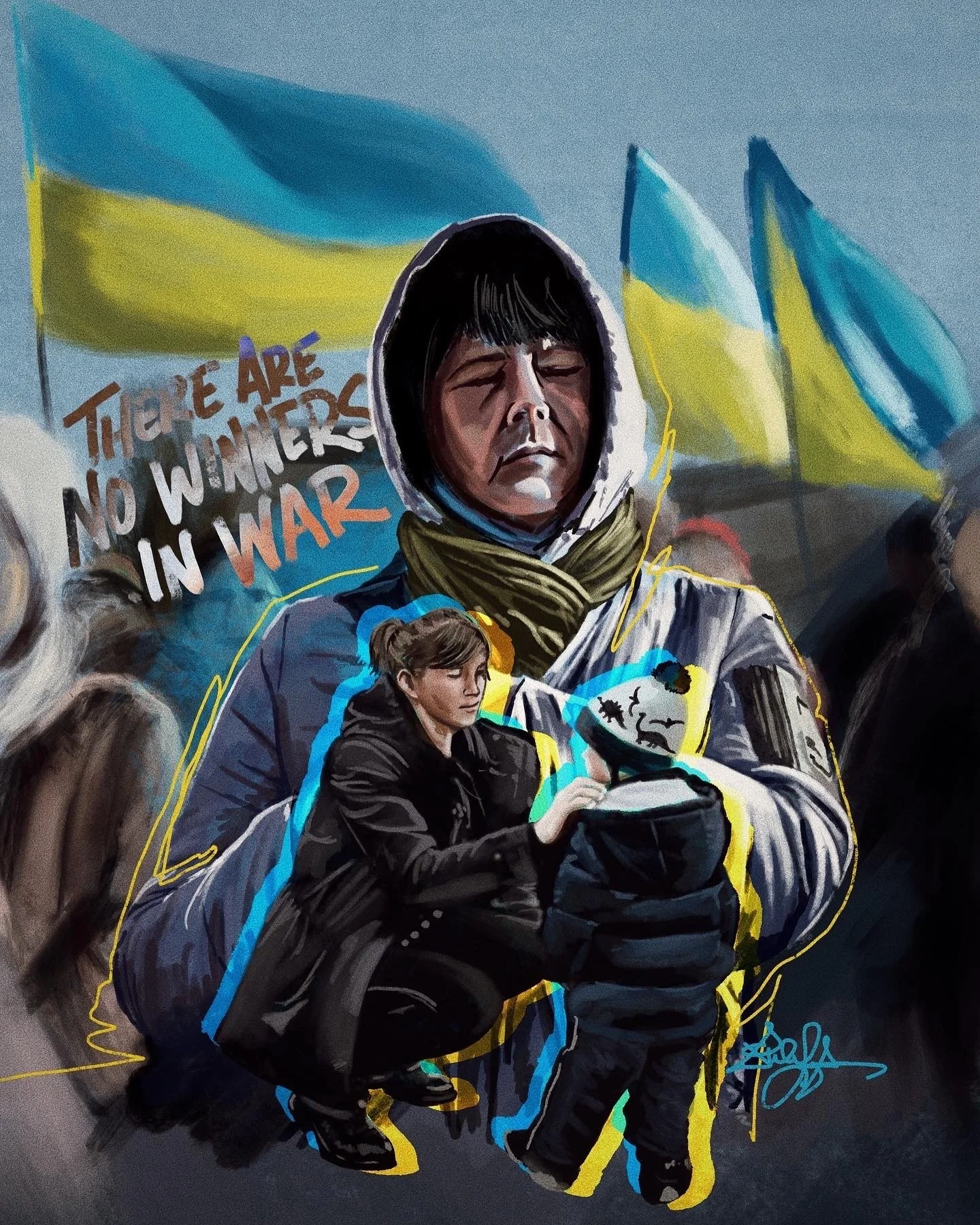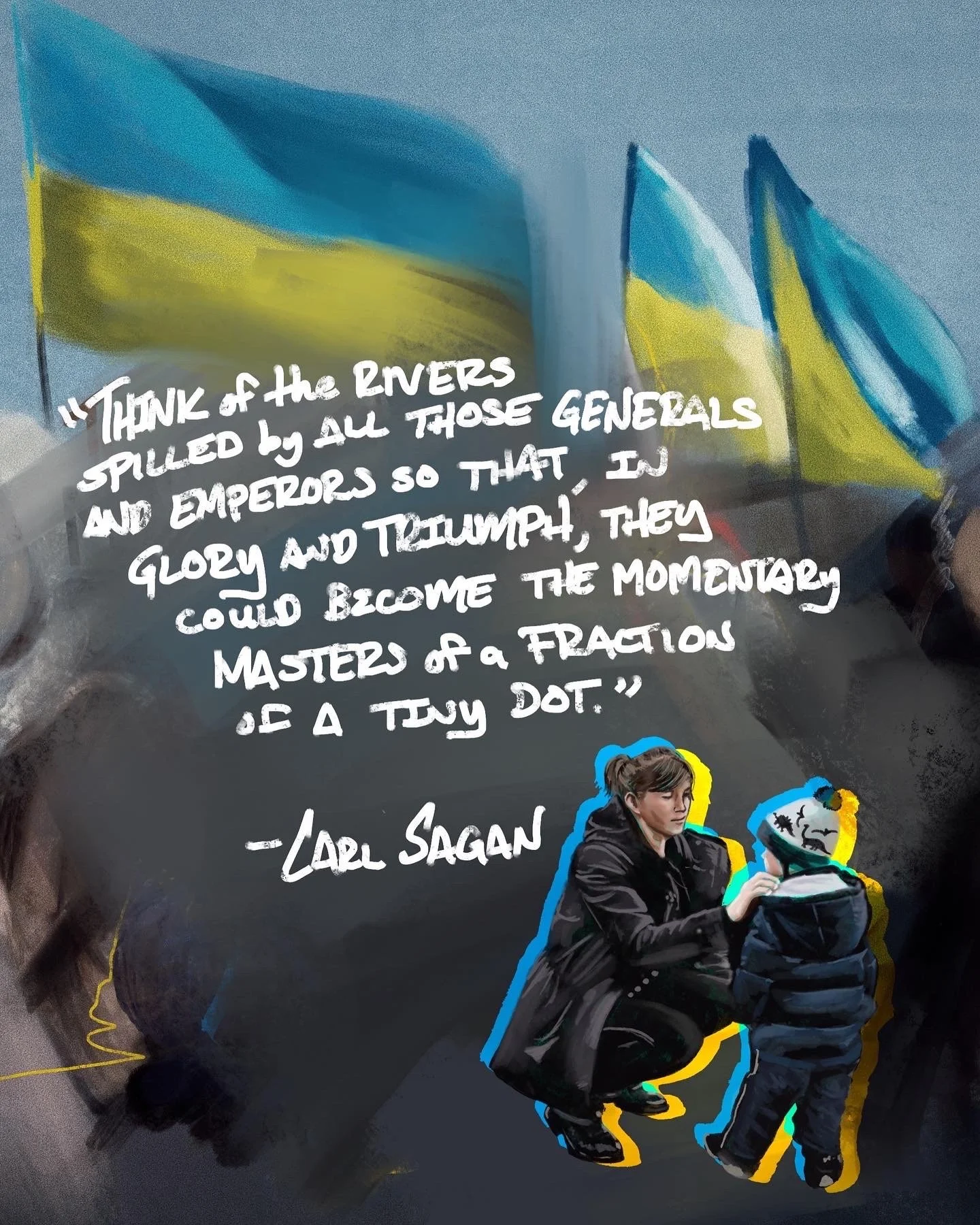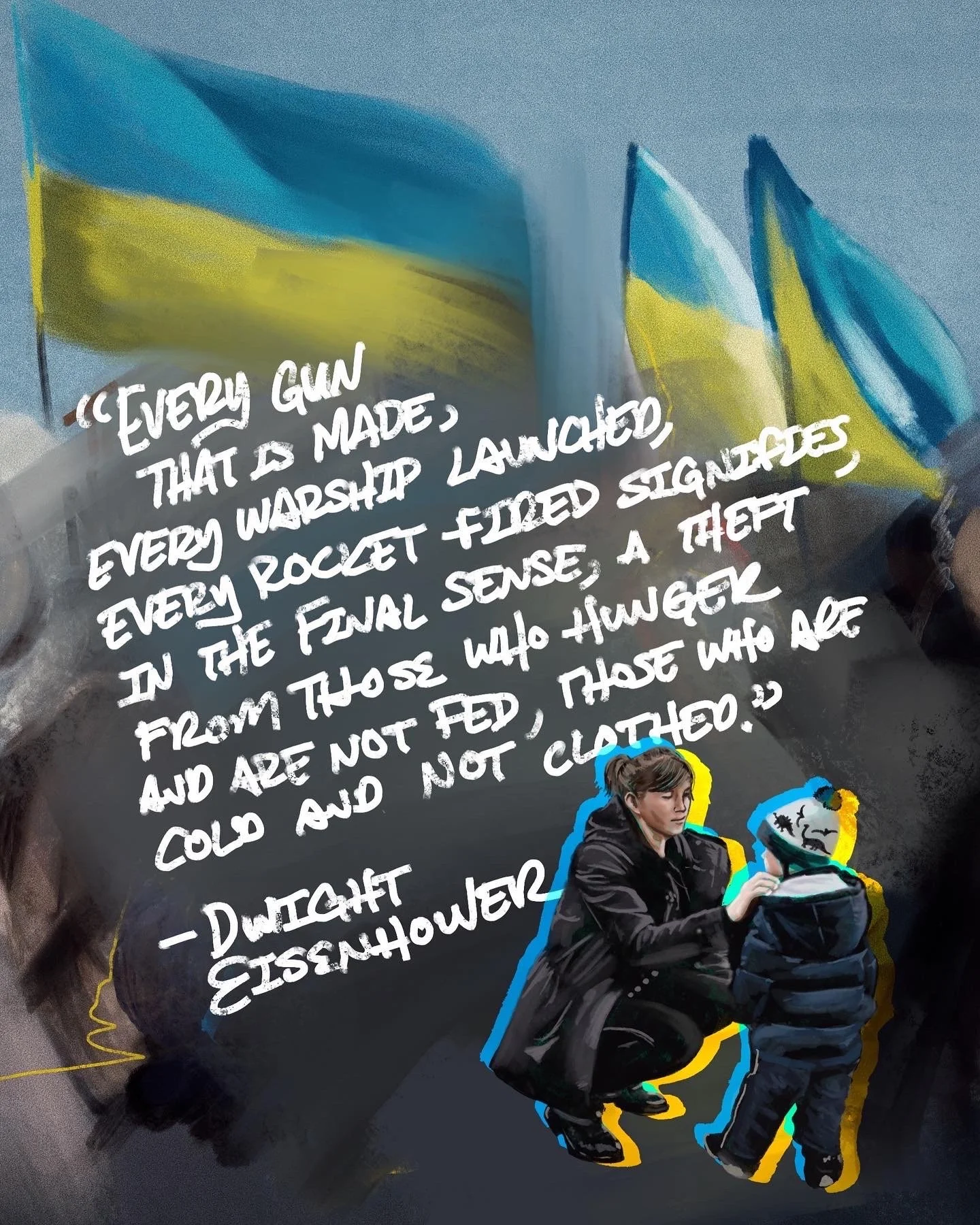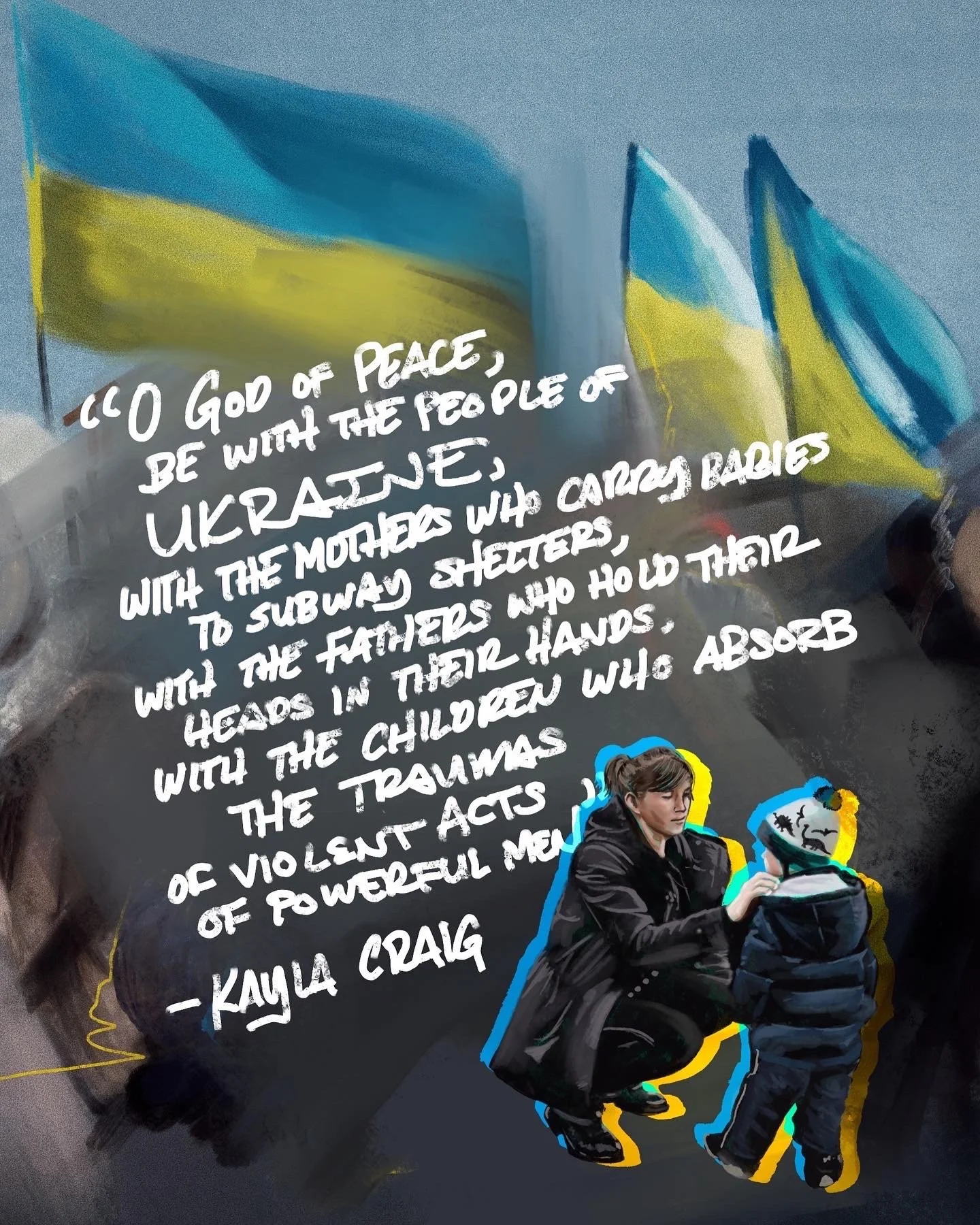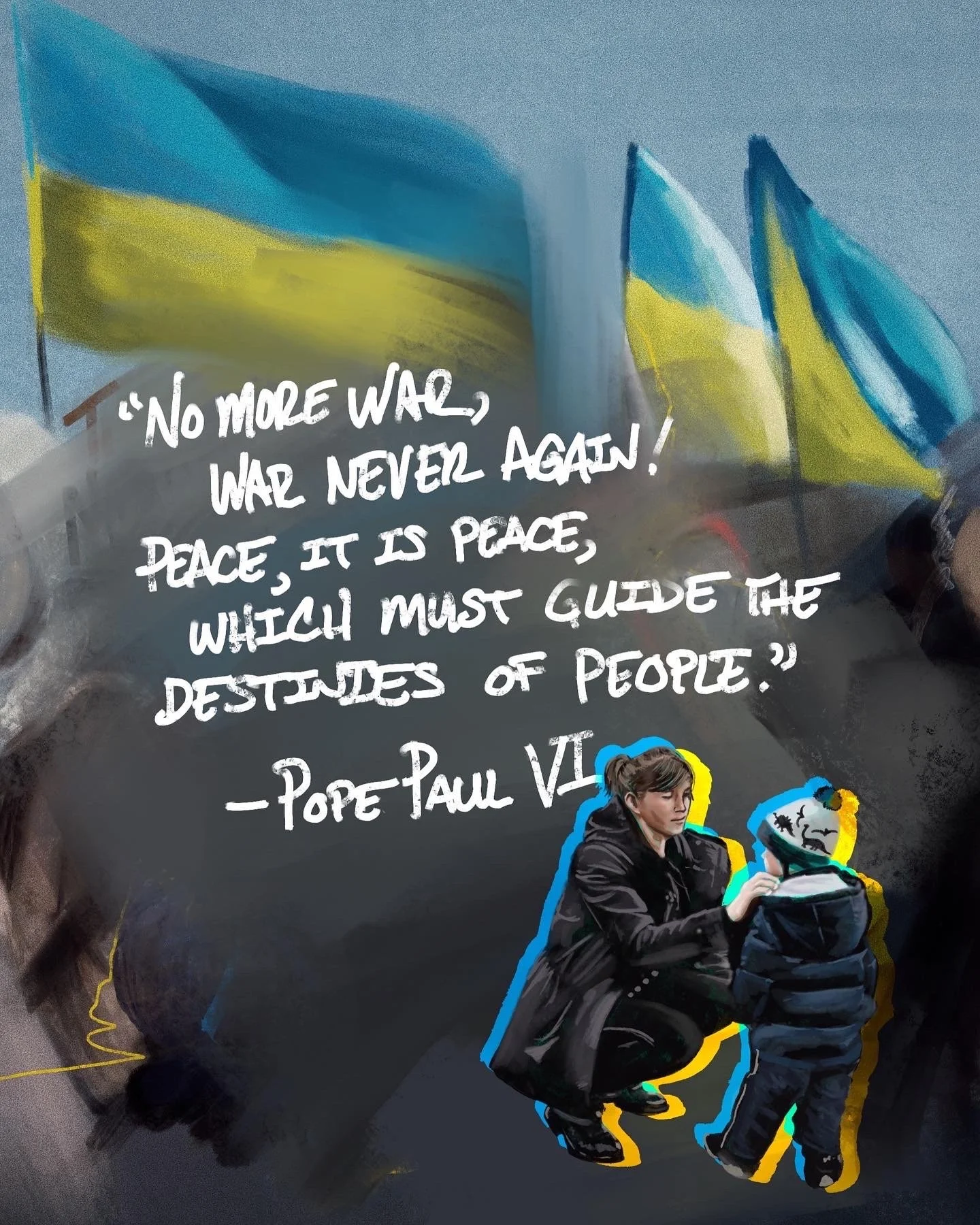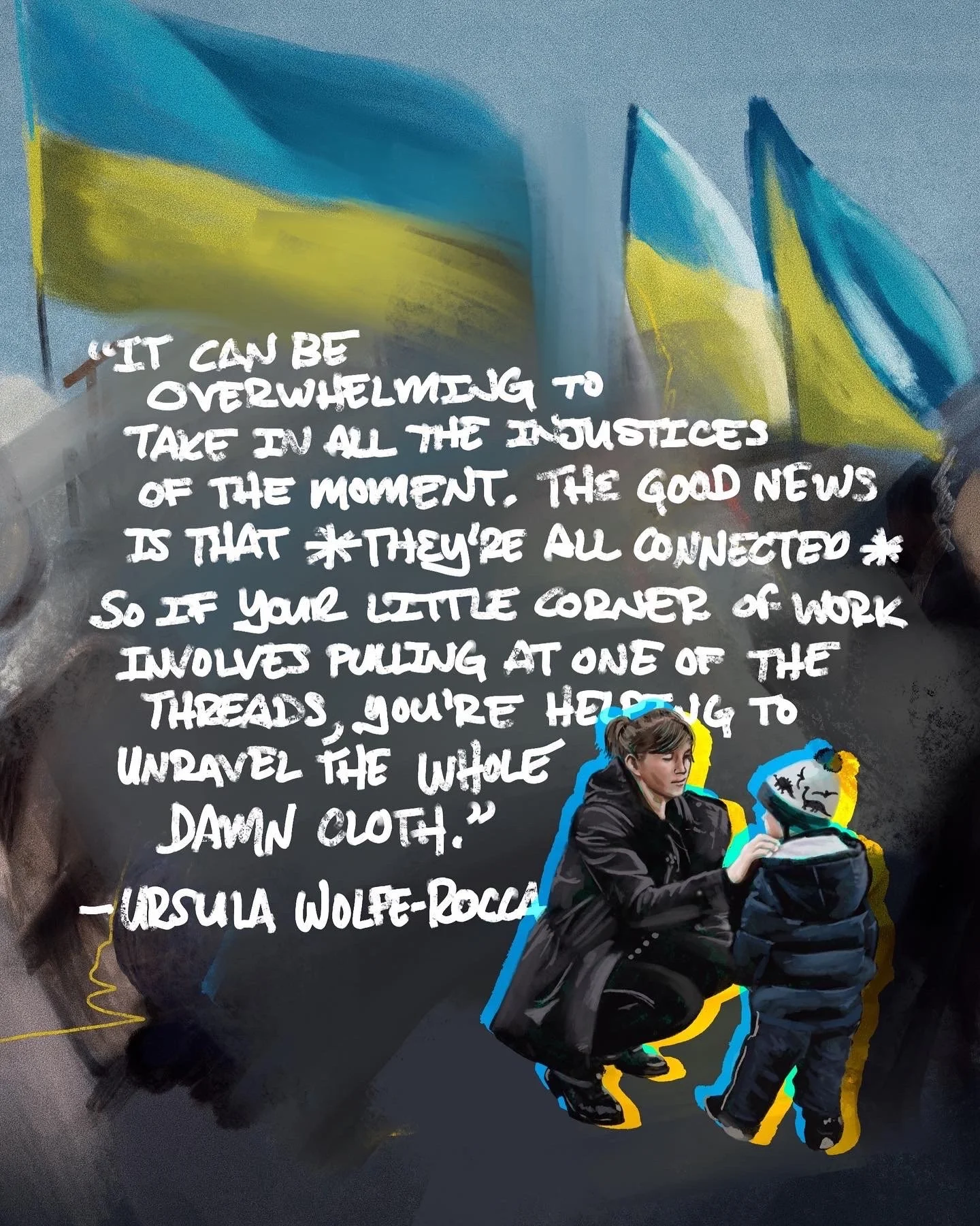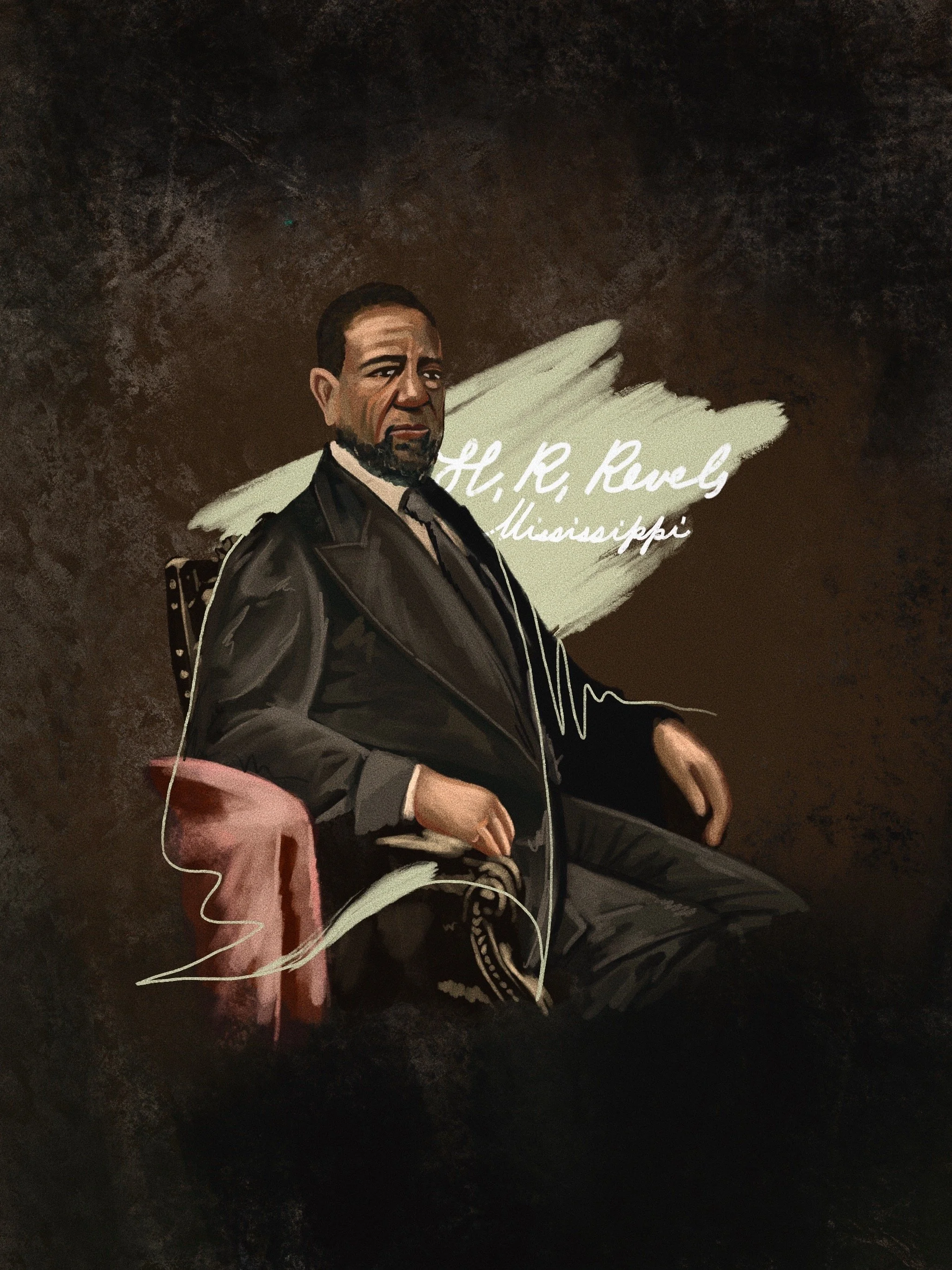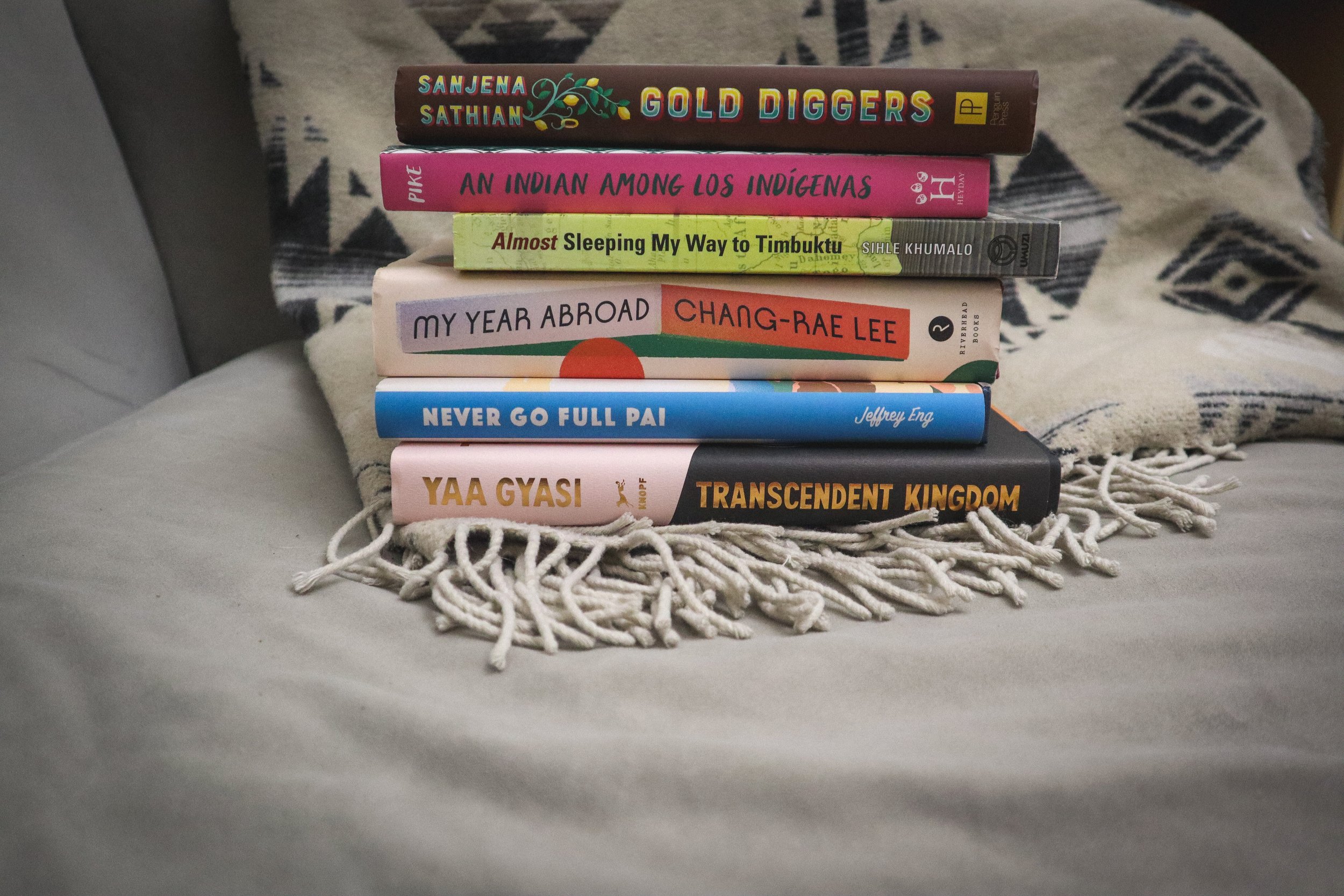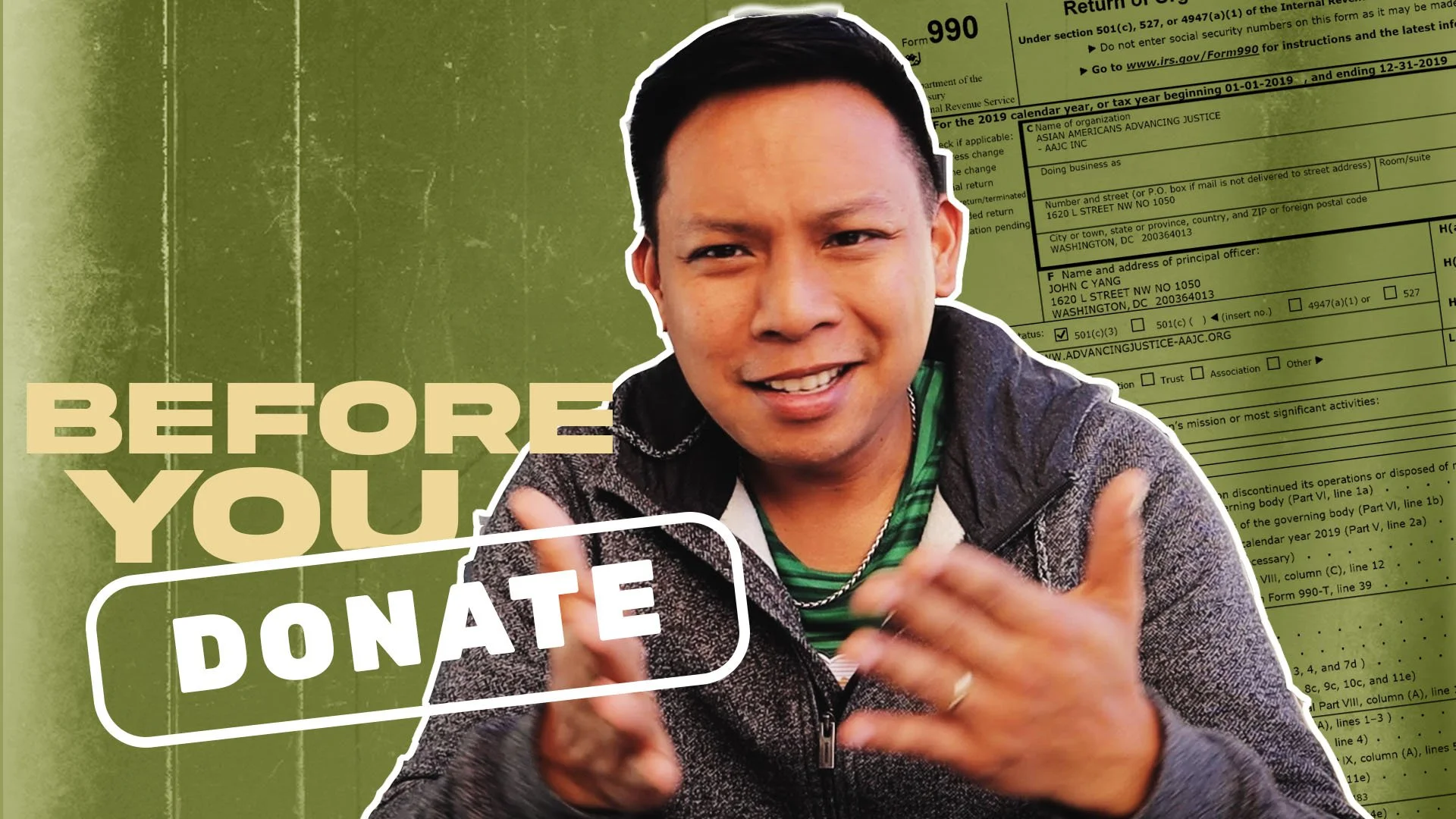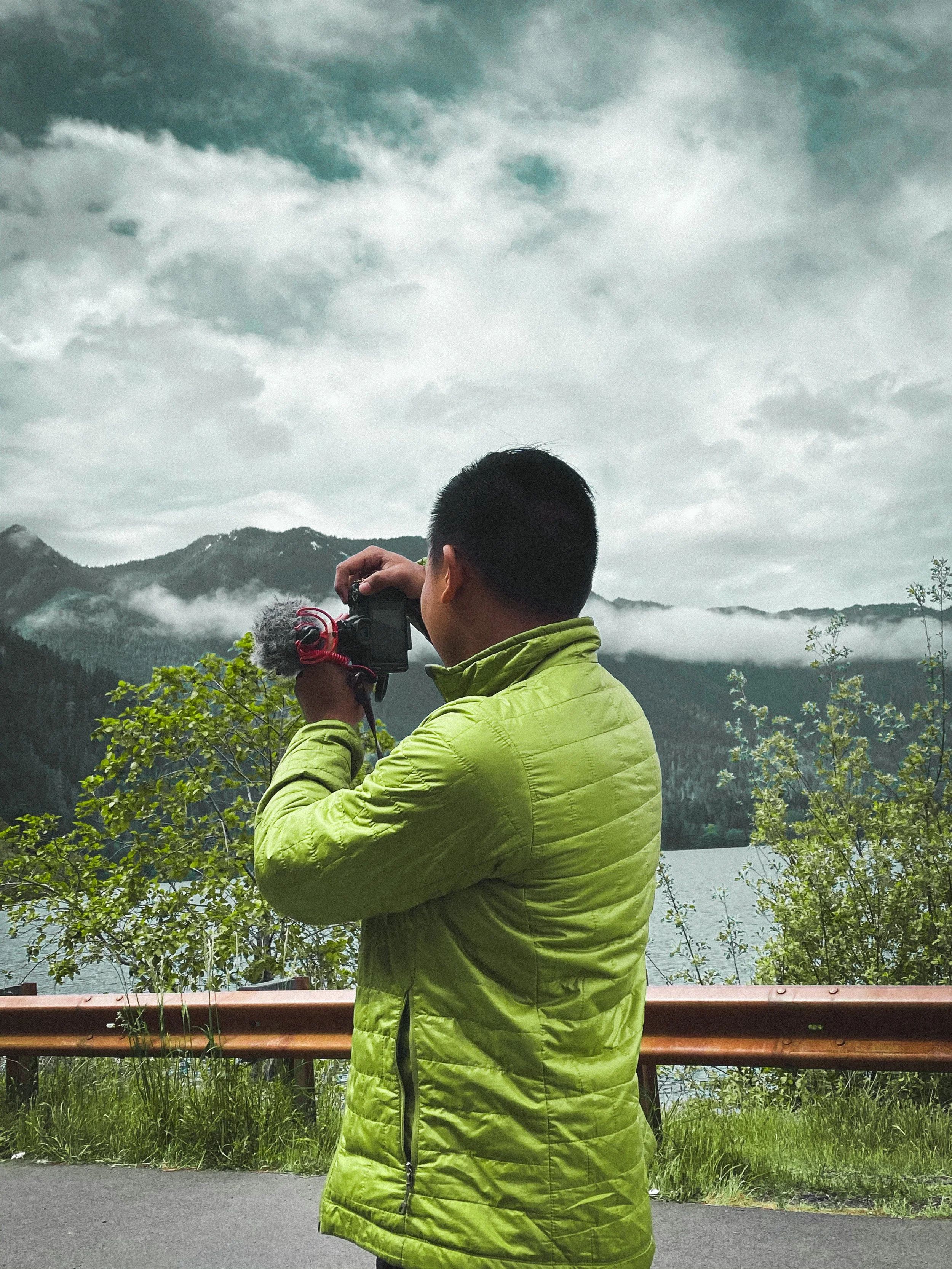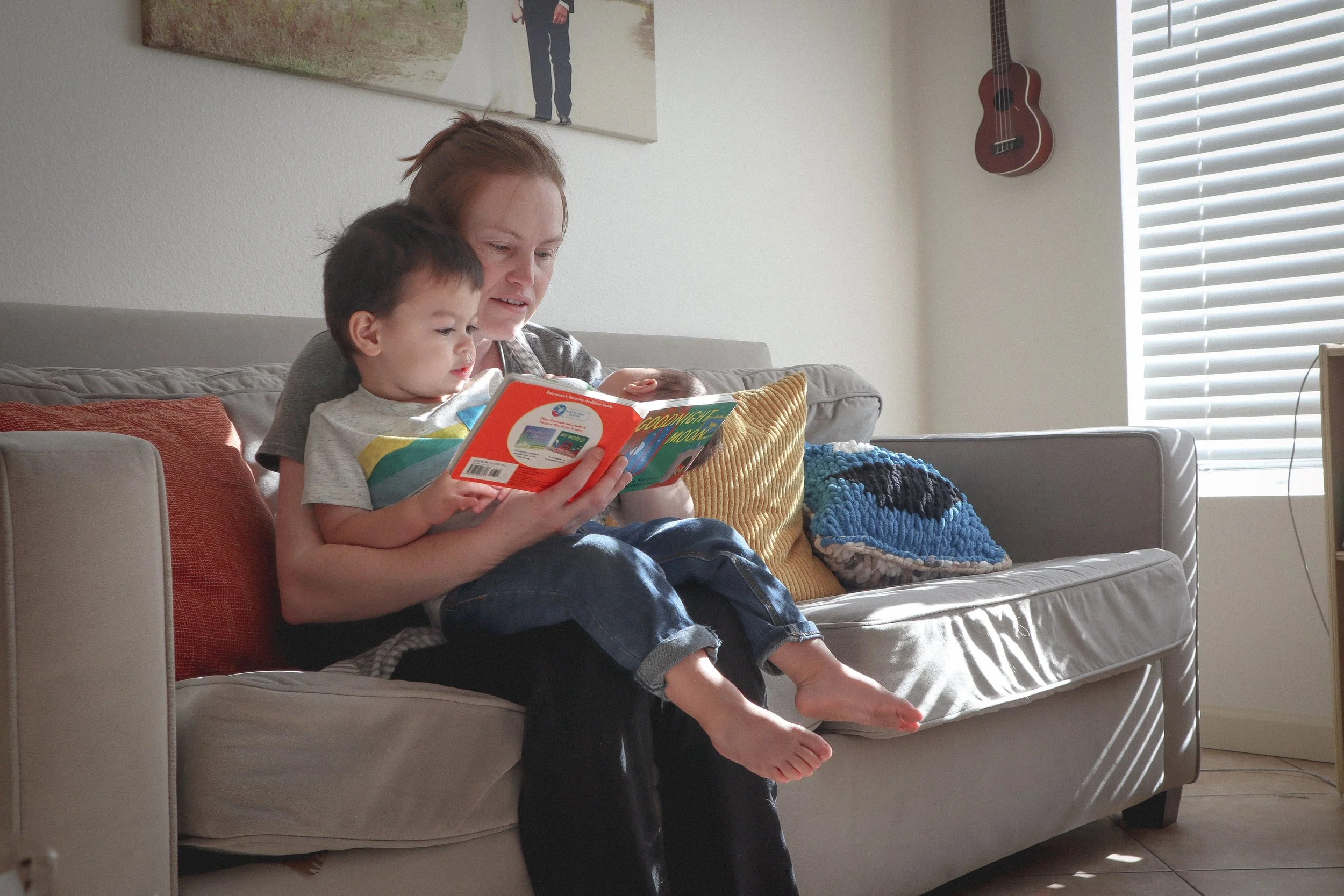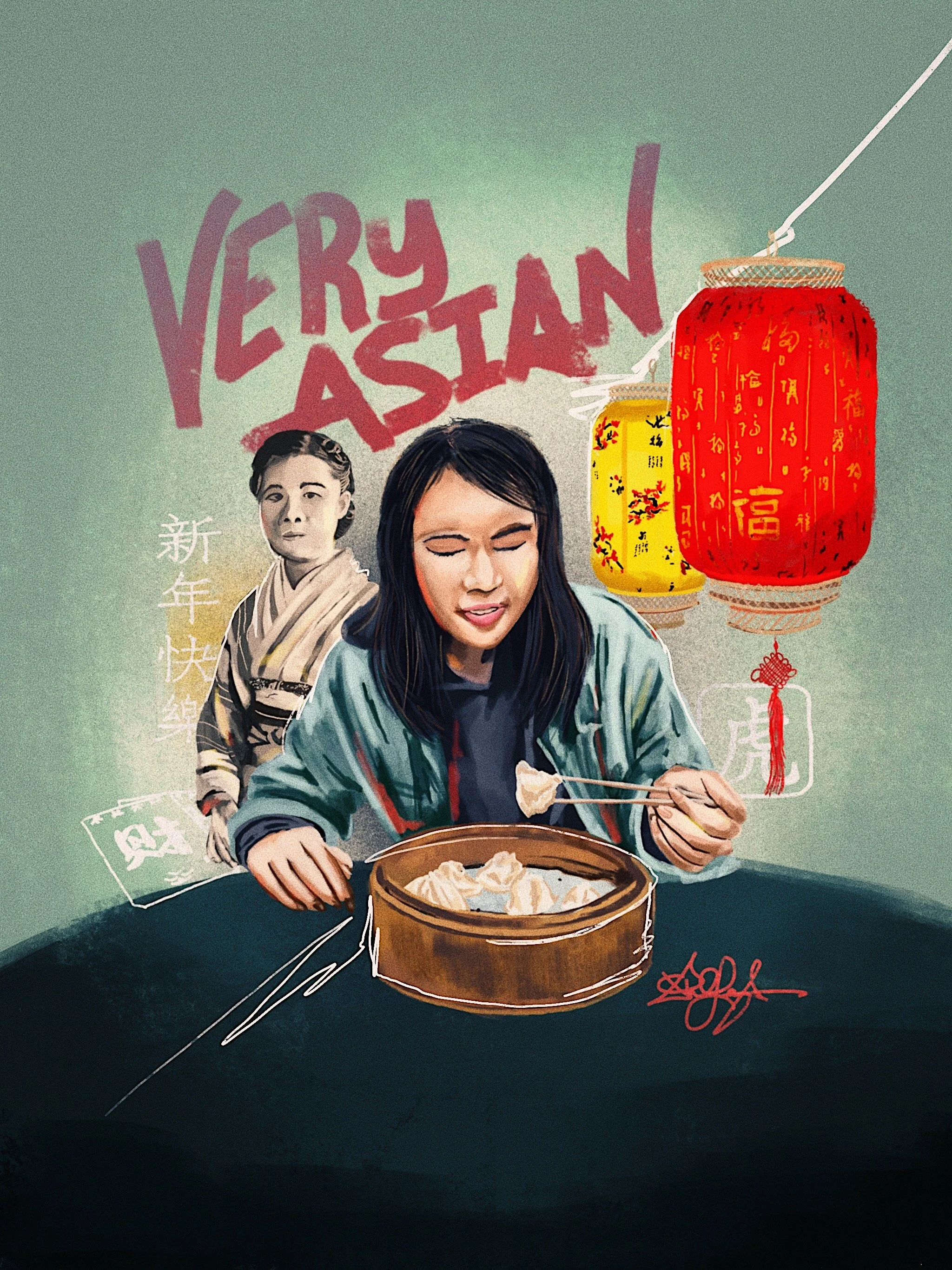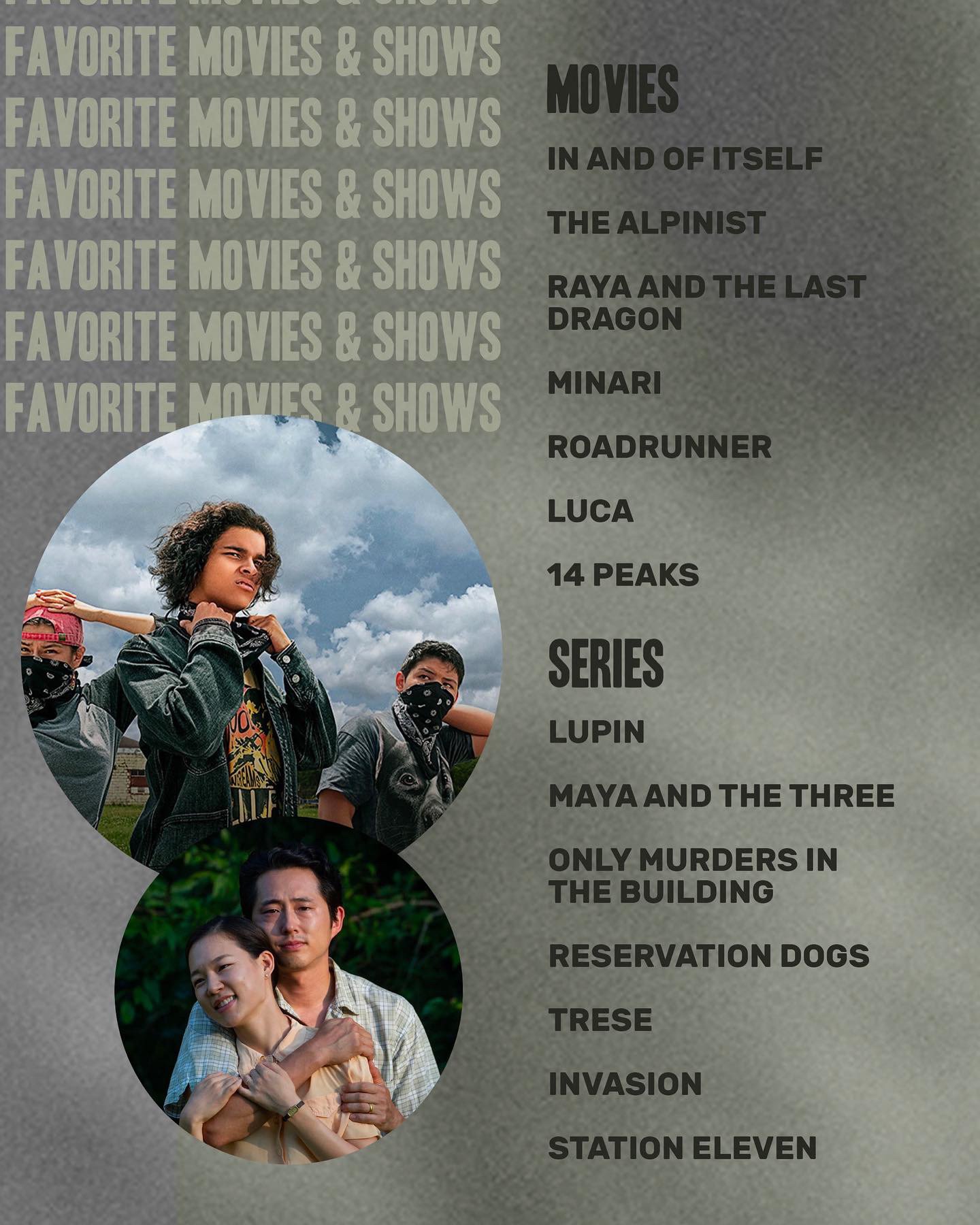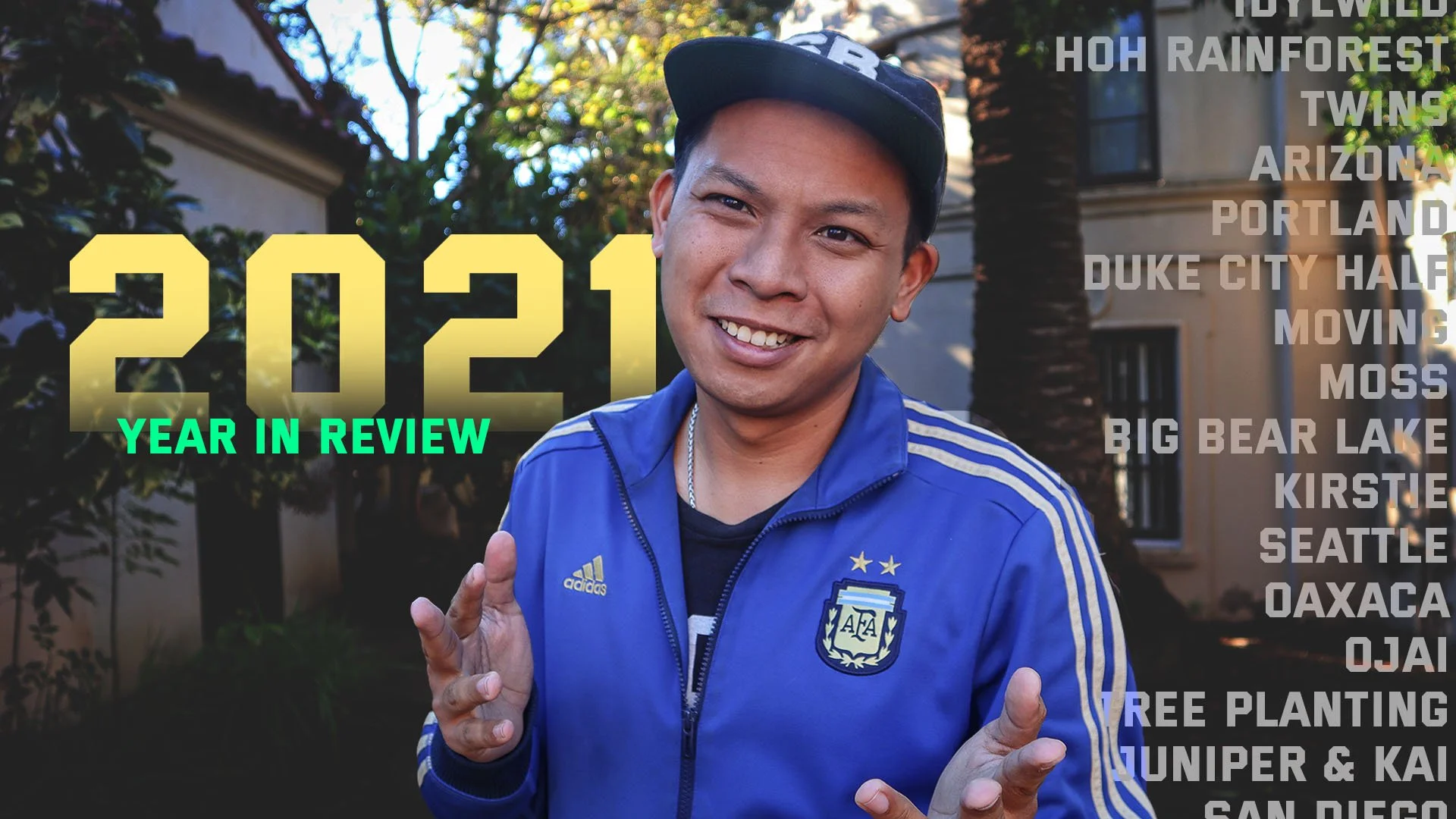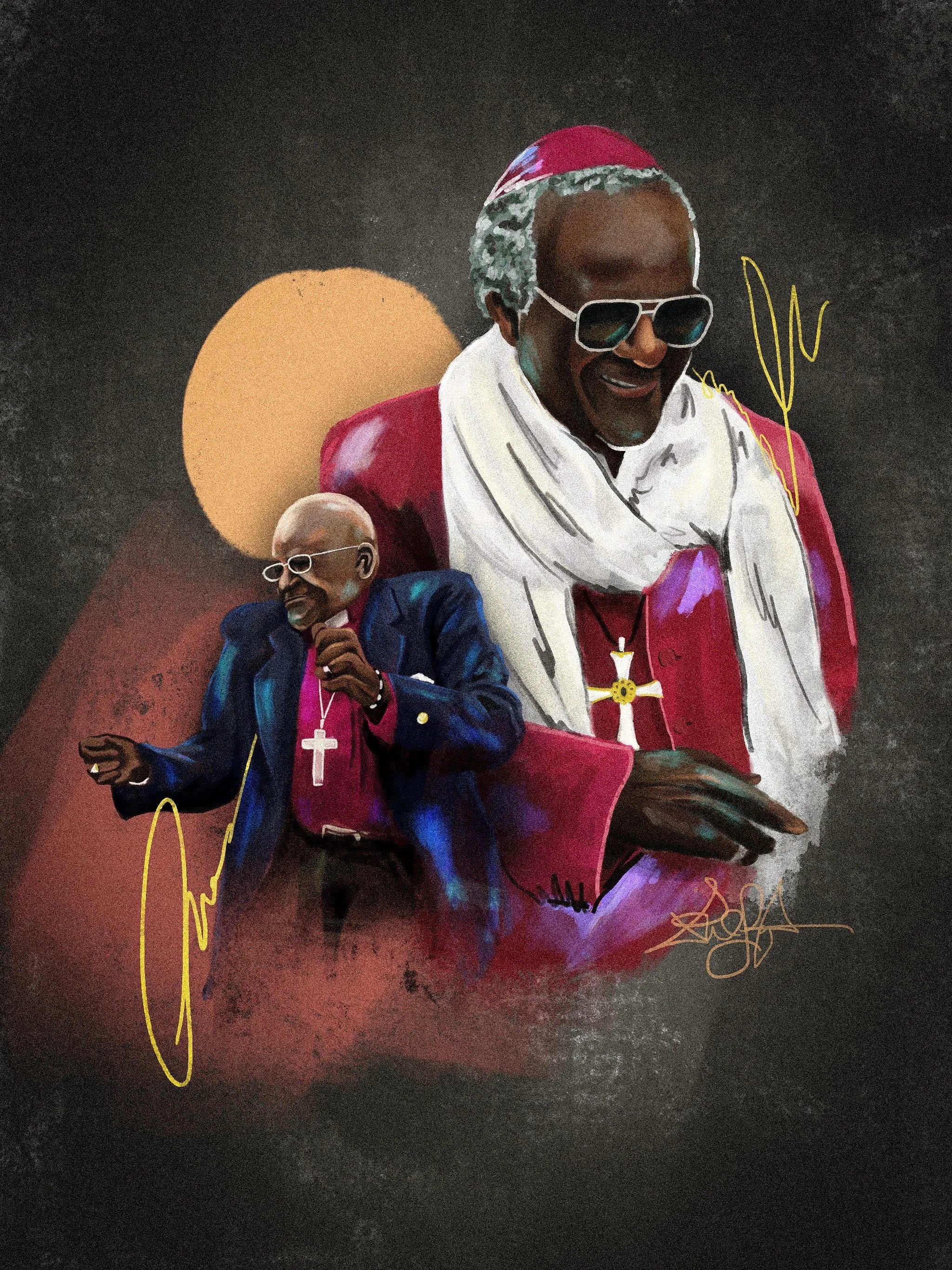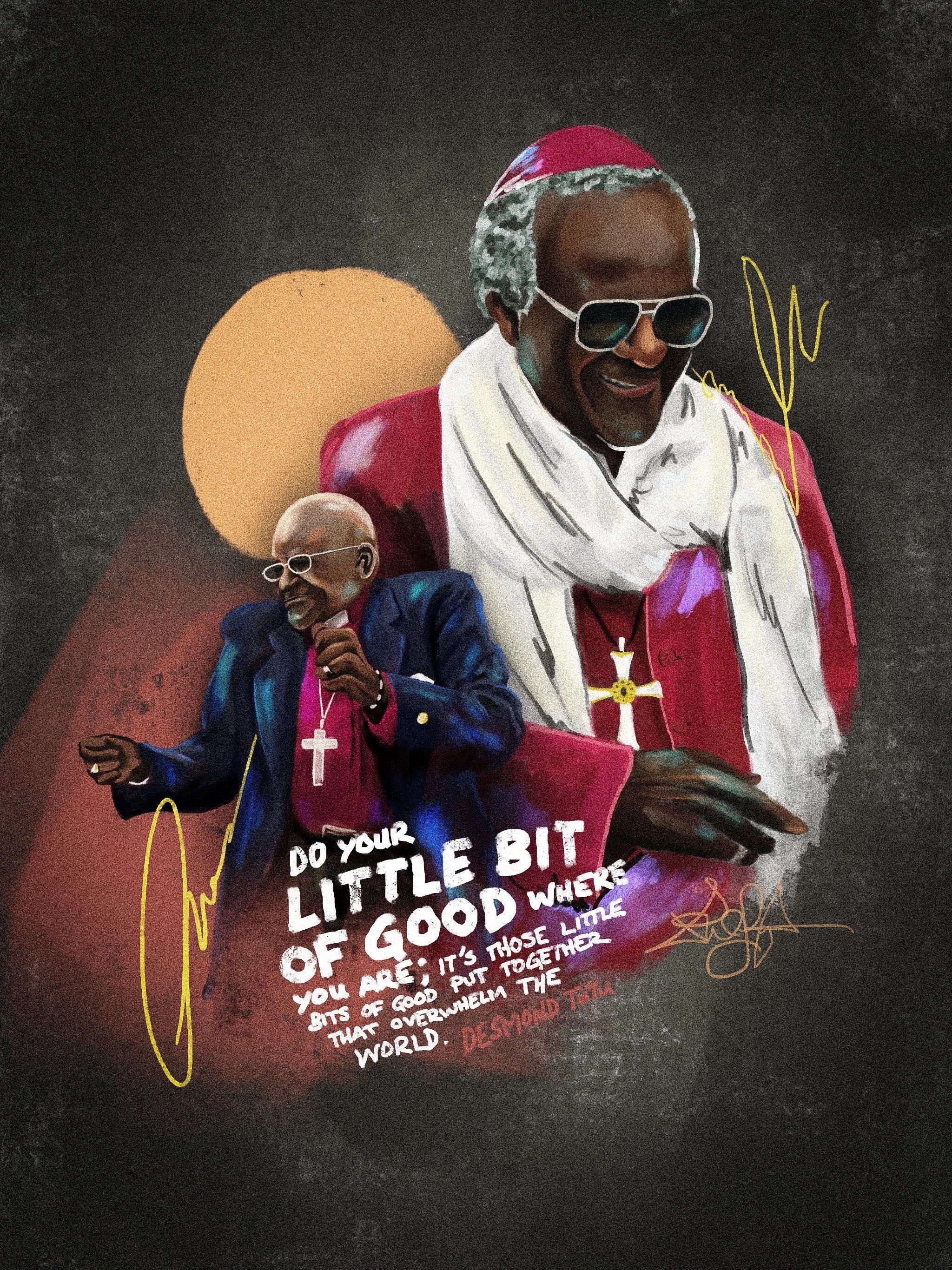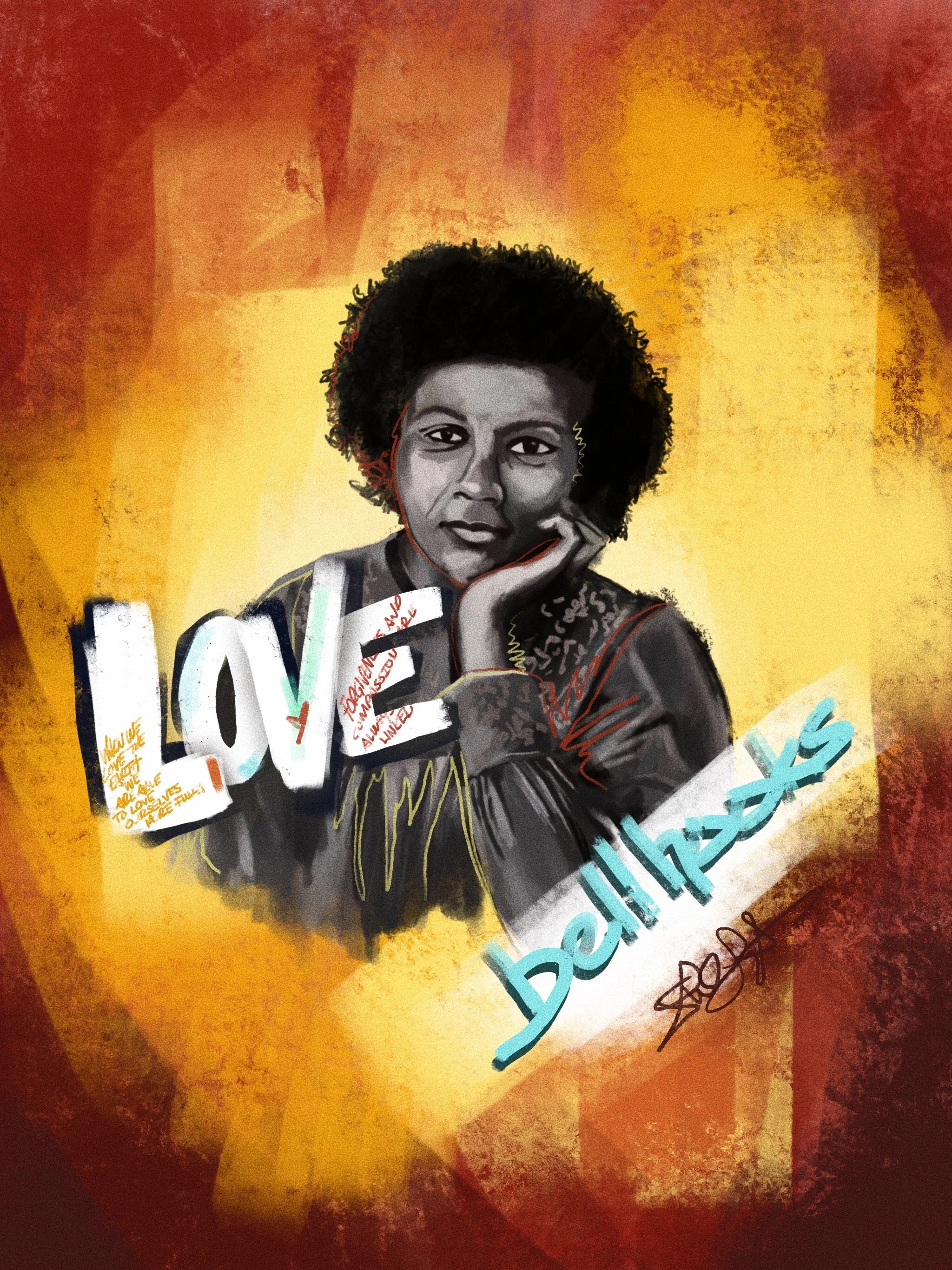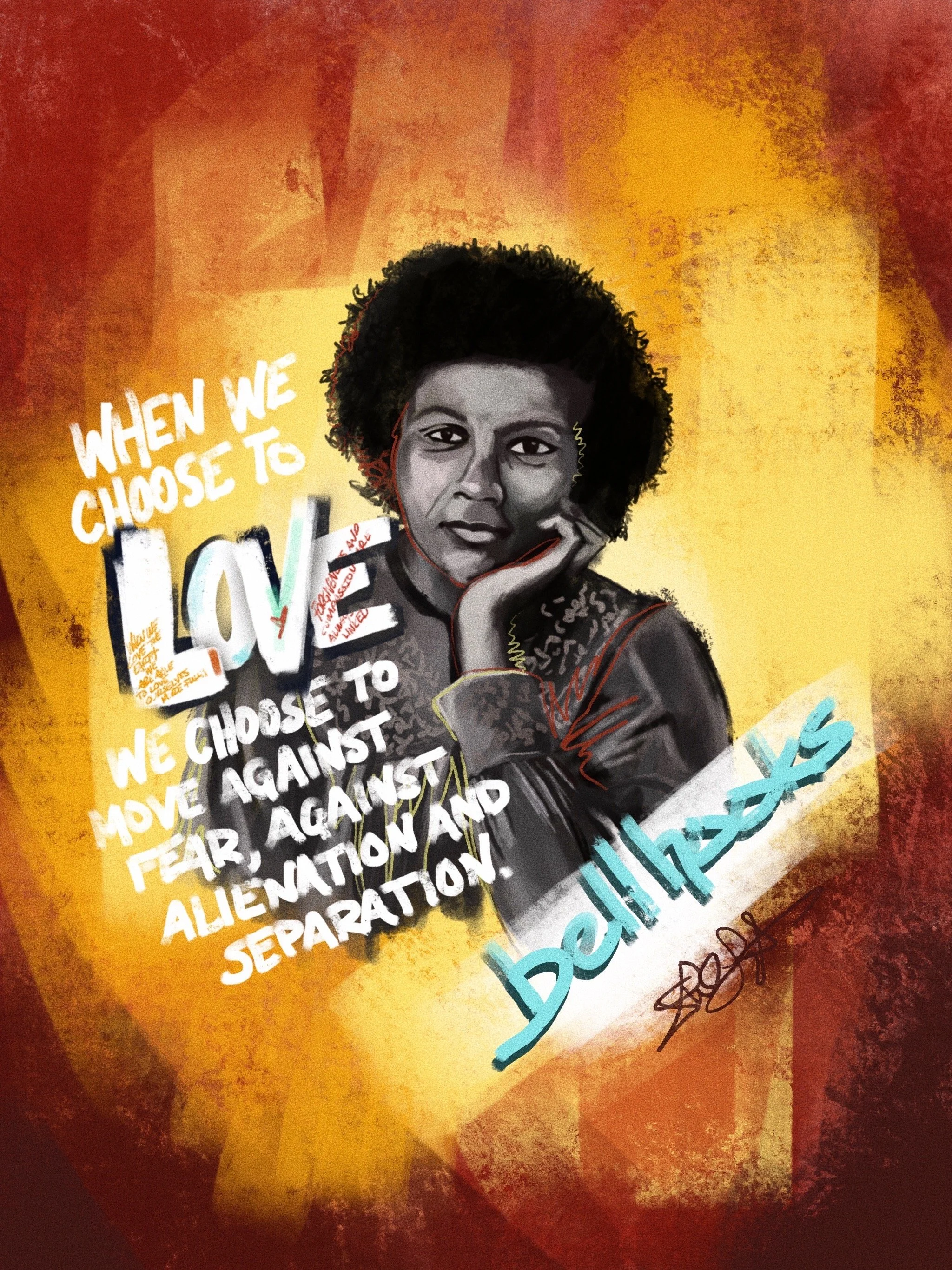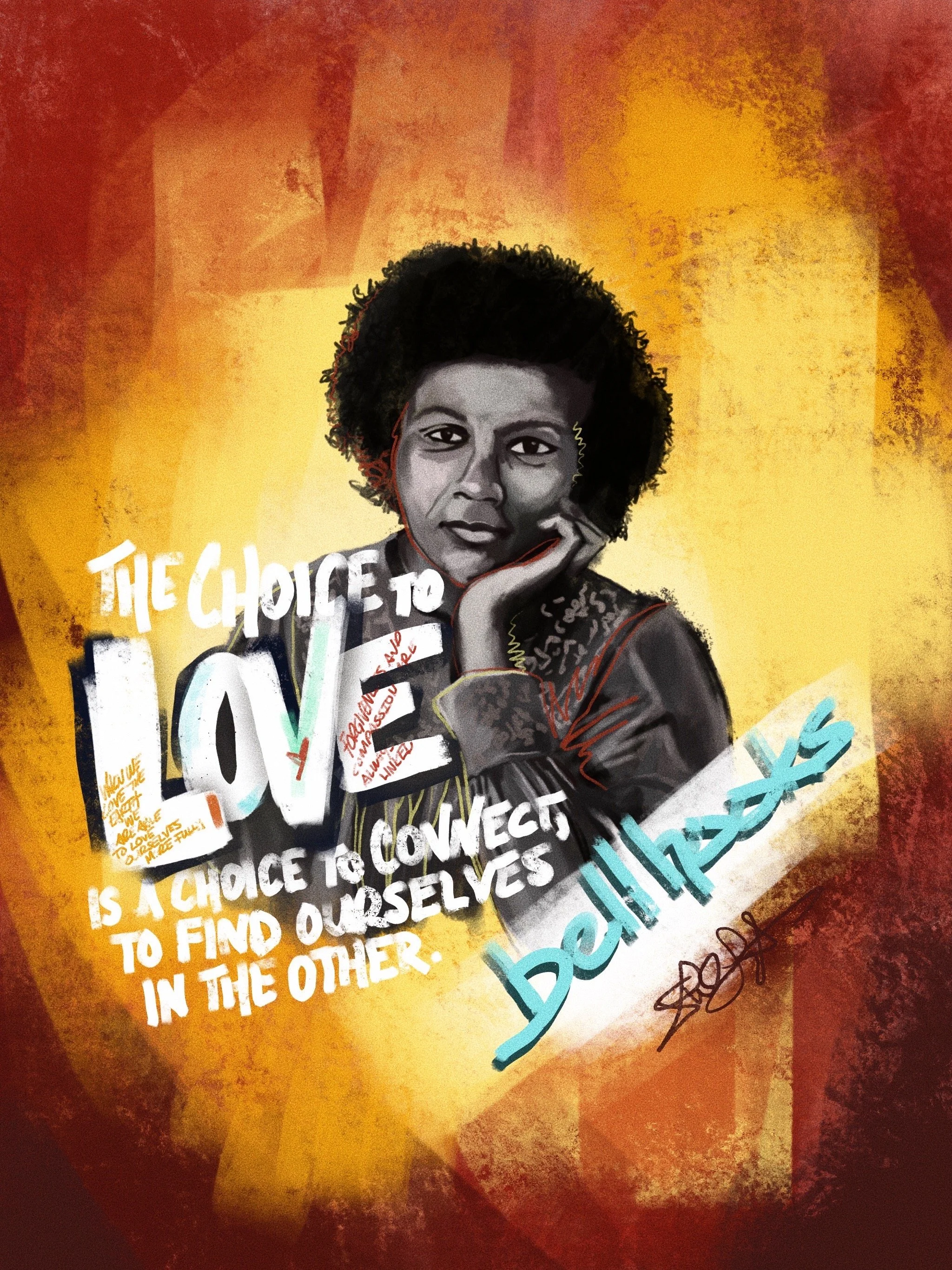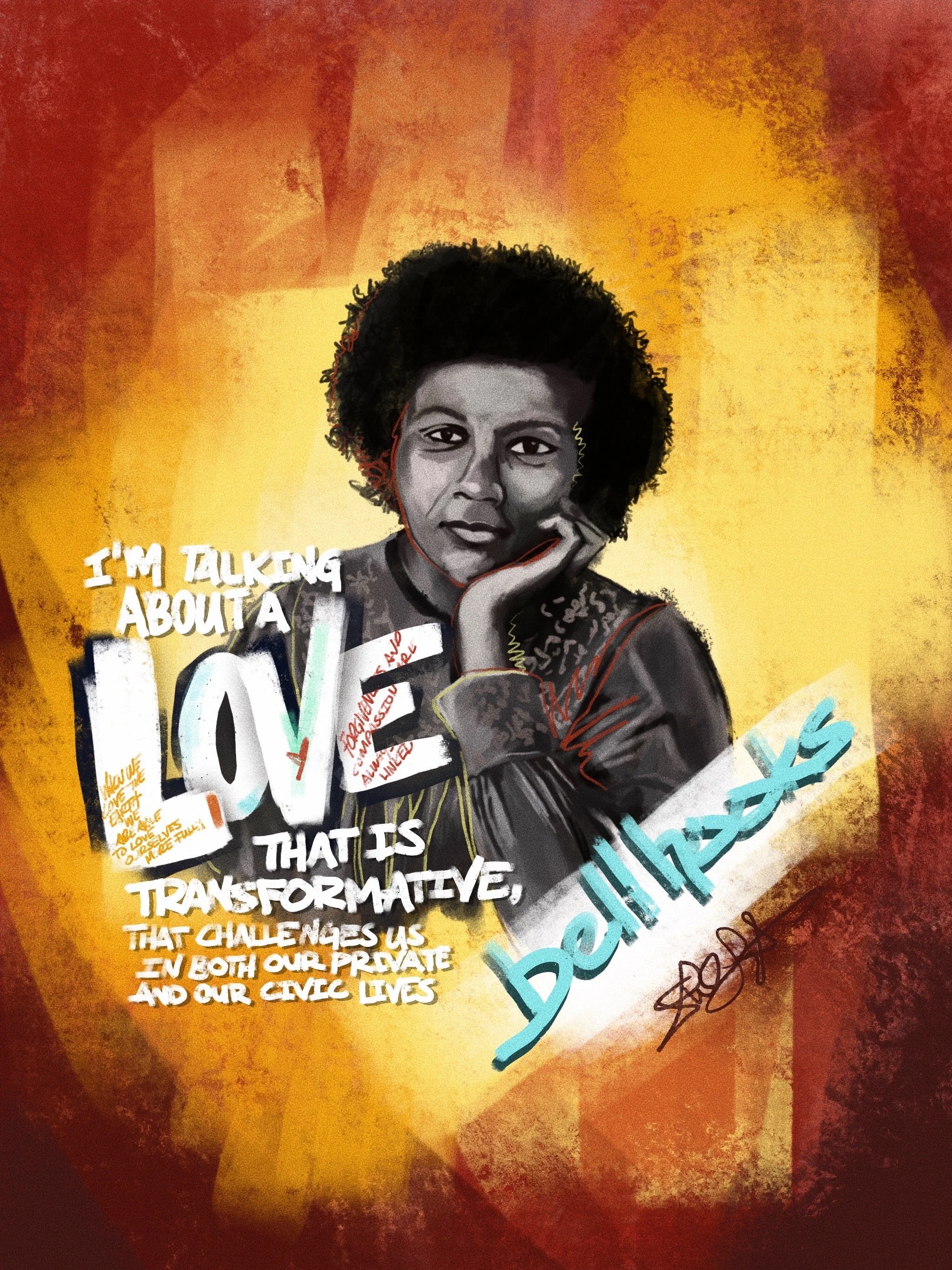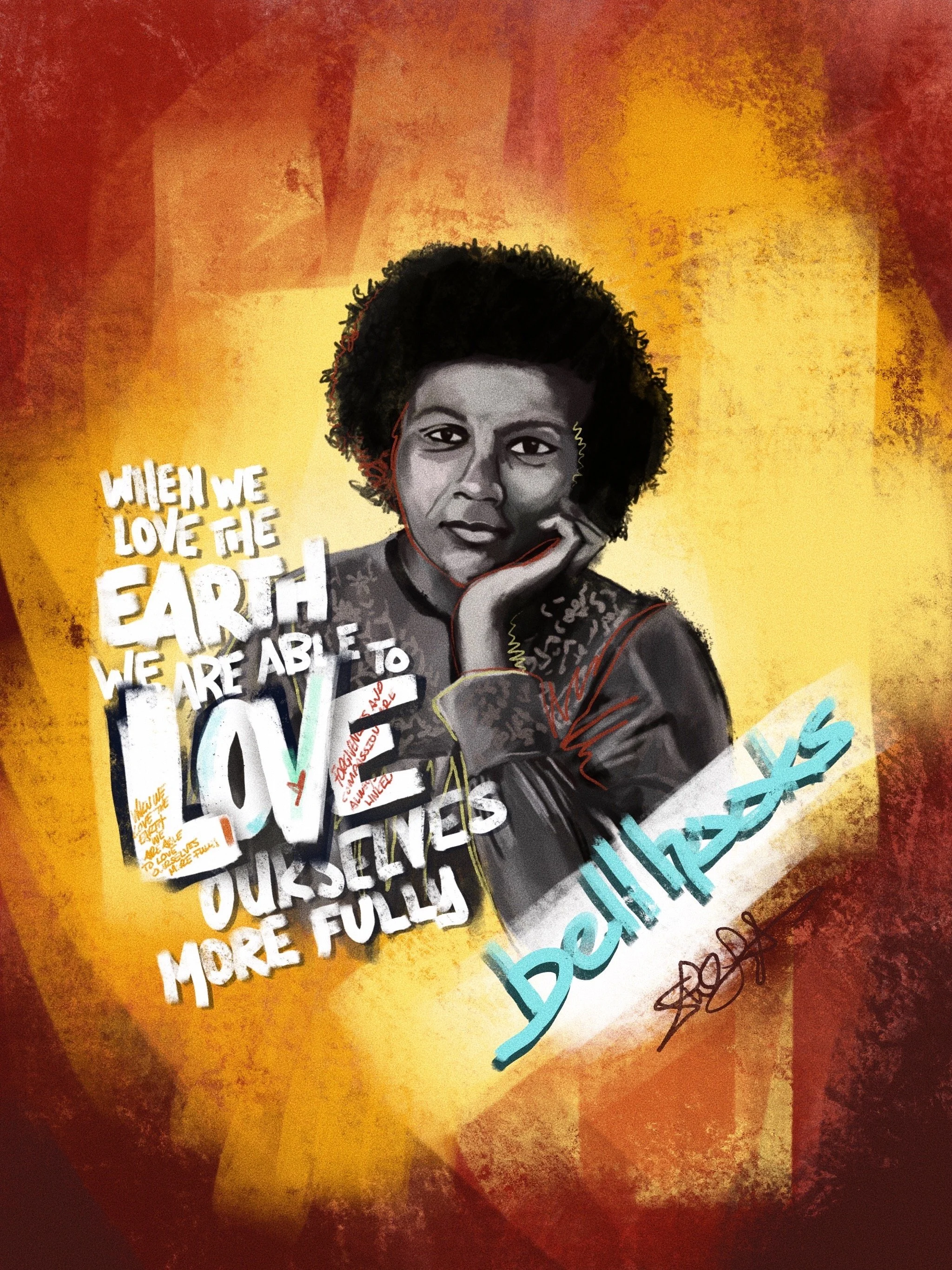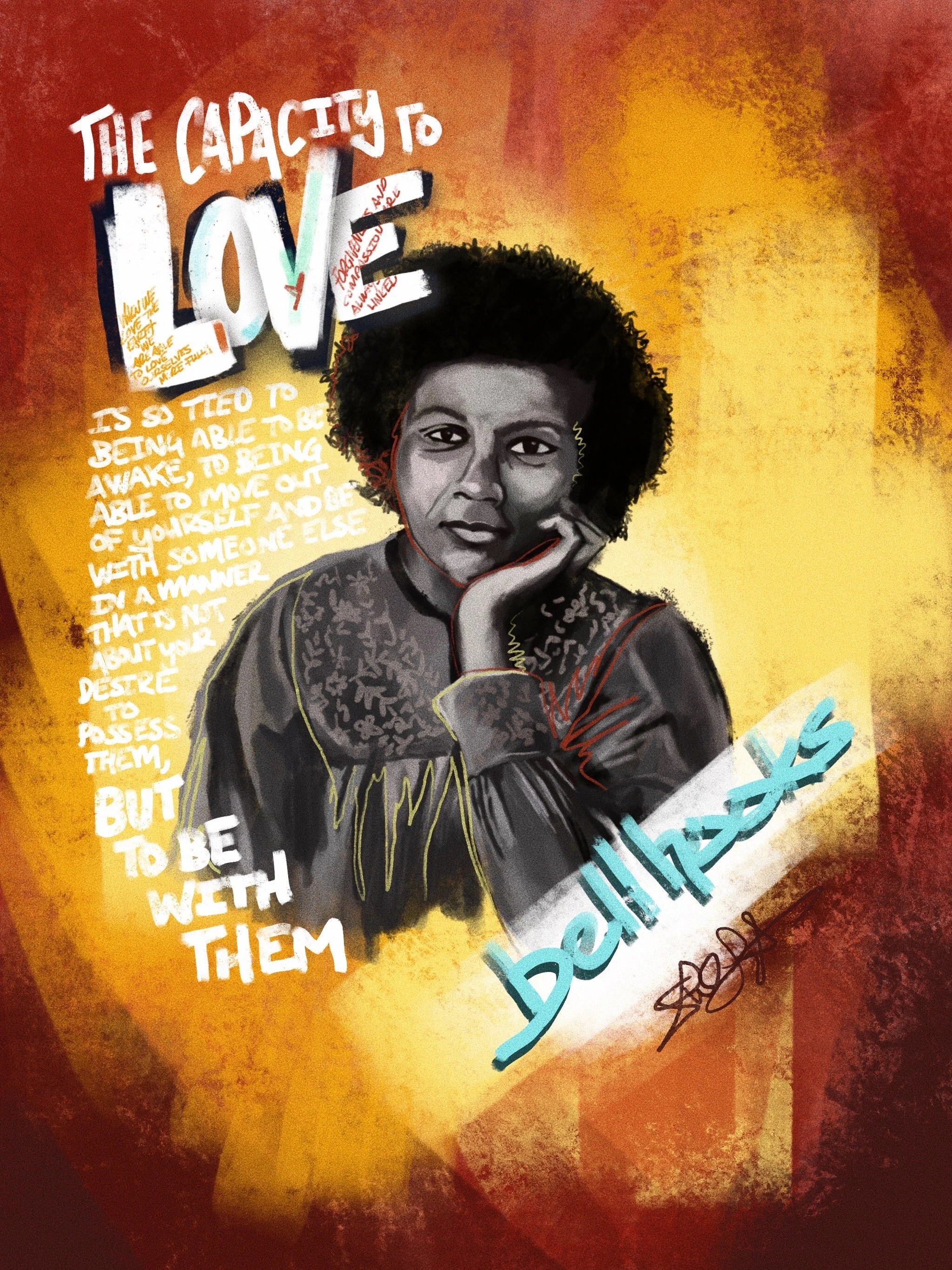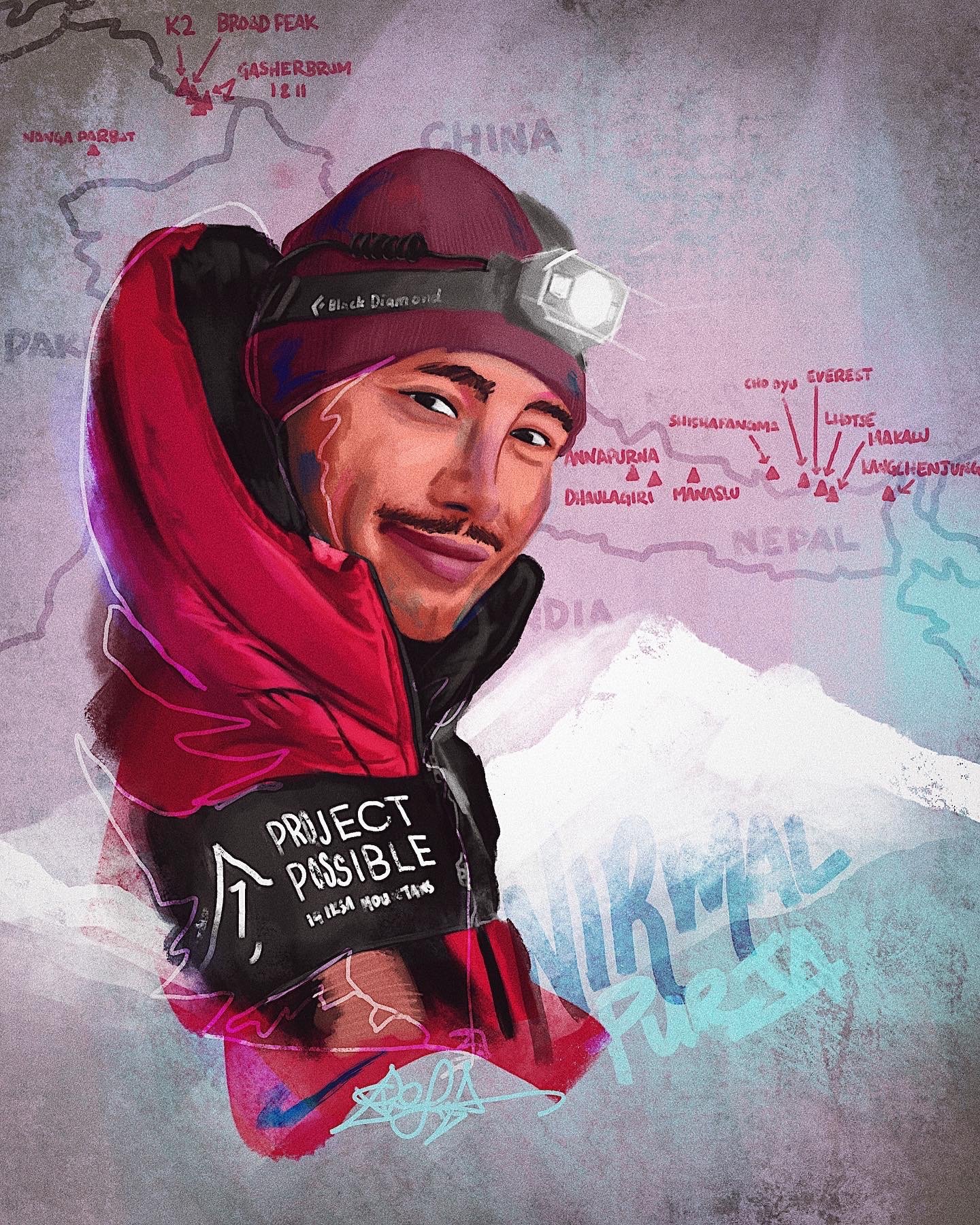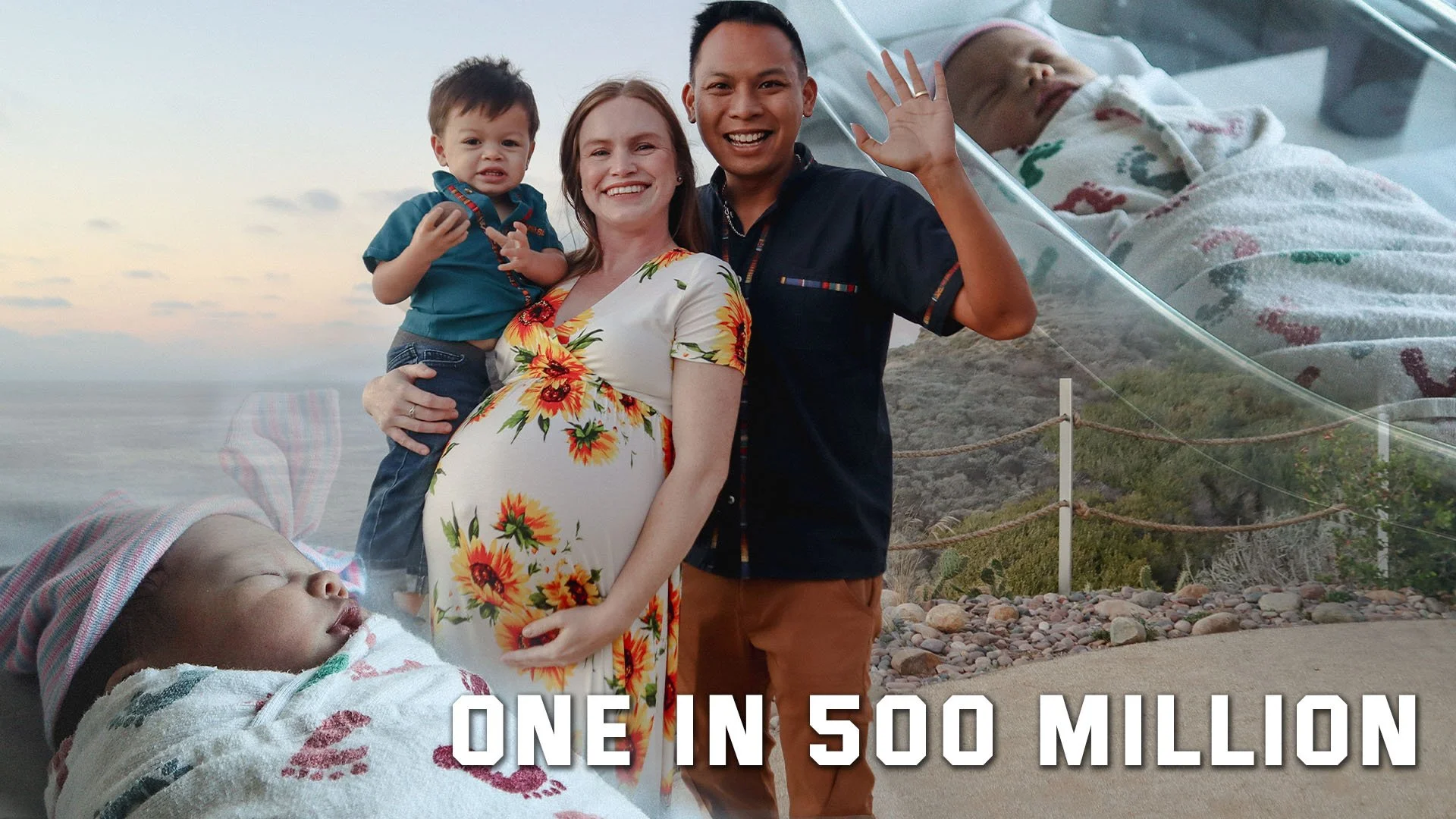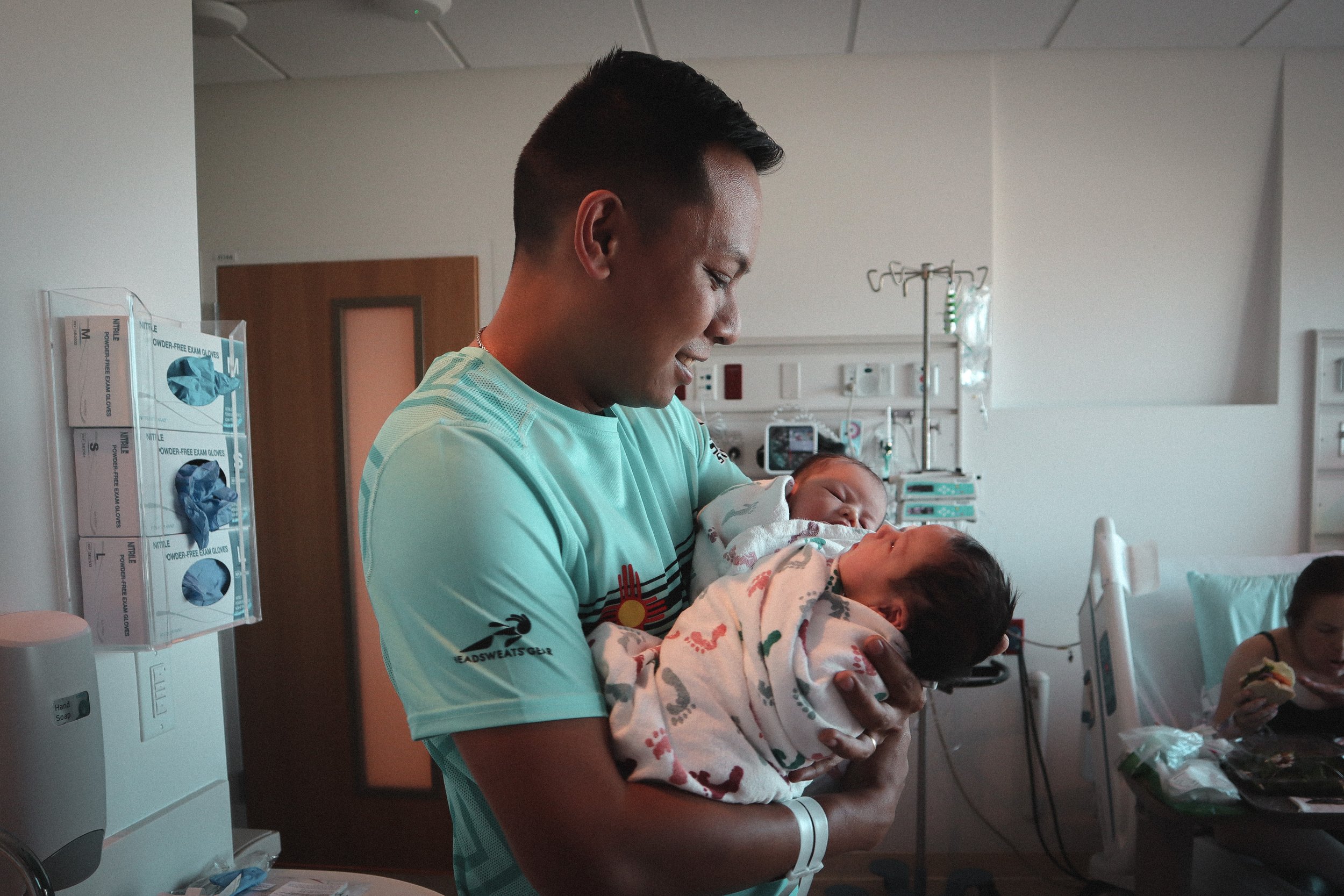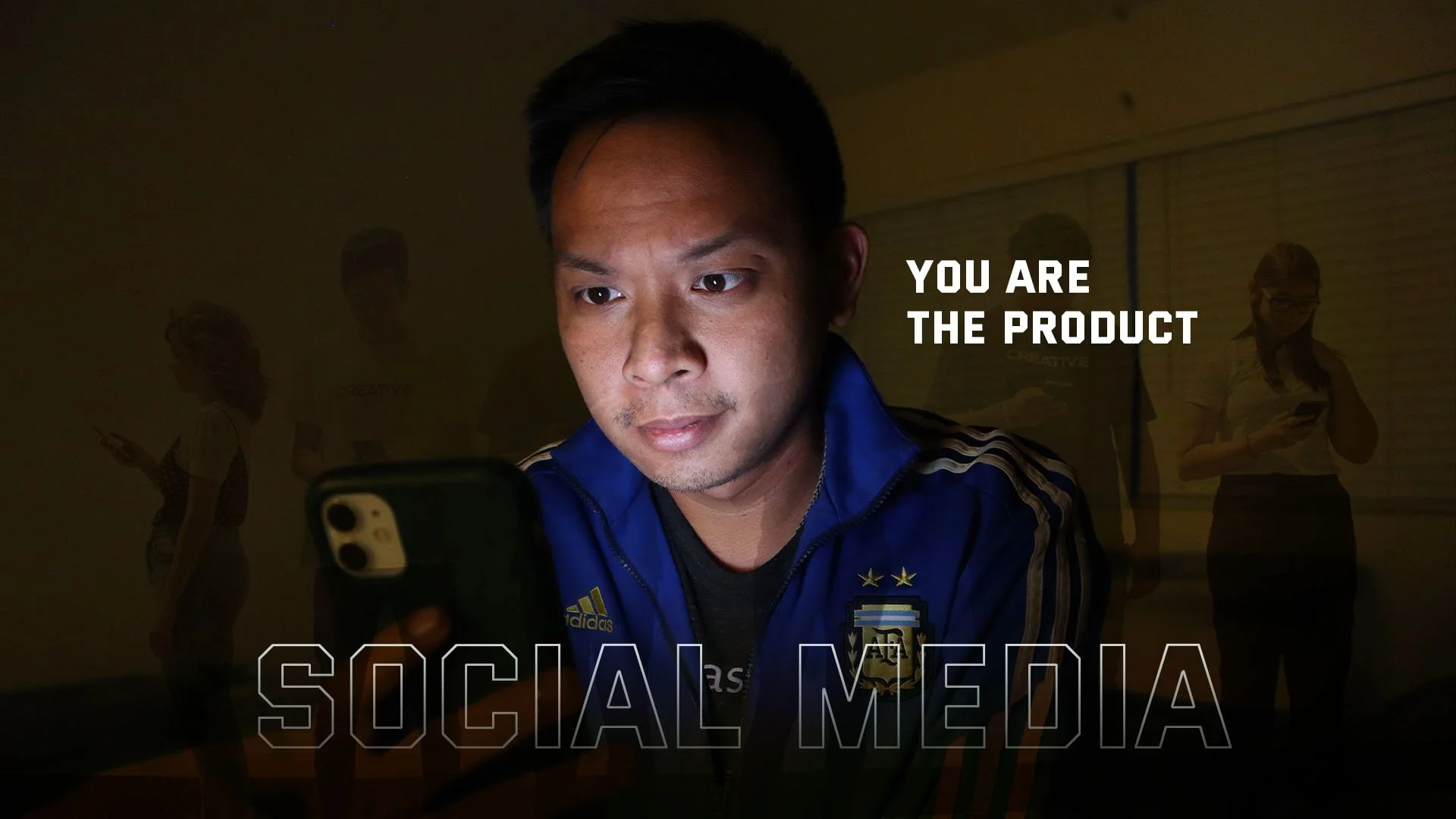War is not inevitable. War is not natural. War is not abstract.
It is real and it is awful.
In school, to pass tests, I needed to know about wars and who won them.
Later in life, after having visited a number of post-conflict communities from Colombia to the edge of Myanmar, I know the real answer is that everybody loses.
And most people around the world know that too, especially those who have lived through war. When I was born, Ukraine had more nuclear weapons than anyone except for two nations. In 1994 they chose to give them up, making one of the largest strides towards peace within my lifetime.
Today in St. Petersburg, thousands of Russians are packed in the street, shouting “No to War” and “Ukraine is not our enemy.”
The world was definitely not in need of another crisis or another threat to vulnerable lives.
Some days are extra heavy. So full of evil. As I read about the invasion of Ukraine followed by threats to LGBT+ kids in Texas and Florida makes me wish that there was so much more I could do. It angers me that the people with the most ability to impact lives so often use it destructively.
But it does fill me with a sense of determination. To not squander the opportunity I do have- no matter how small it feel at a global scale, it’s not zero. Every day I get to make decisions that affect other people near and far. While today was heavy enough to make my to-do list fee irrelevant, it also was an invitation to make sure everything on there would be on a worth-doing list.
Hiram Revels
One common thing with Black History Month is a failure to connect the dots from past to present, mistaking moments of progress for some kind of finish line and missing out on the fact that Black history is still being written every day, and our choices will reveal how we fit into that story.
I like the story of Hiram Revels. You don’t see his story profiled for Black History very often, although his legacy would merit that. And his legacy also confronts these two common mistakes.
Revels was the first Black senator in the United States, representing none other than Mississippi. In fact, he filled the senate seat vacated by Jefferson Davis. He was also a minister and absolutely brilliant and bold in making moves towards progress.
Despite taking office just three weeks after the 15th Amendment was ratified, prohibiting racial discrimination against voting, taking office was complicated. A bloc of senators were determined to keep Congress all white. Because Mississippi seceded before the Civil War, they prolonged its readmission into the union. Their efforts ultimately failed and in the meantime Revels used his power to appoint Black leaders across Mississippi and in the federal government.
The idea of Black Senator from Mississippi would seem pretty progressive by today’s standards, which is why it’s also important to remember that it happened before. In the 1870s, more than a dozen Congress members were Black.
What happened? An alliance between Southern Democrats and Republican president Rutherford Hayes withdrew the federal troops from the South who protected Black voters. By the 1900s, Jim Crow laws were enacted and enforced by groups like the KKK. Even after the Civil Rights Movement in the 1960s, the duty of obstruction was handed off to mass incarceration and a divestment of Black communities.
When you think of Black History as a finished work, it makes it harder to see the contrast between federal troops protecting Black voters and senators refusing to prevent laws designed to create hostile voting environments in Black communities in Georgia, Tennessee, or Texas.
Celebrate Black History, and pay attention to the parts still being written.
Not-So-Recent Reads
It’s been a minute since I’ve shared notes from what I’m reading. Some of these are from a little while back.
I’ve slowed my reading down a little but to really take in some of my recent reads. Books are some of those things that help me travel when I can’t travel. In hostels throughout Vietnam. In Bolivia with Peace Corps volunteers. West Africa through public transport or Southeast Asia with an eccentric businessman.
Read any of these?
📗Almost Sleeping My Way to Timbuktu
📕An Indian Among Las Indigenas
📒Transcendent Kingdoms
📔My Year Abroad
📘Never Go Full Pai
📙Gold Diggers
Uncertainty
This skims the surface of why I really value curiosity.
It’s a posture of humility, reverence, and enamorment with the unknown.
What to check before donating to a nonprofit
Nonprofits are a whole world, and its wild to think I’ve spent the past ten years working in, with, and around nonprofits.
Its not at all a perfect sector. One perspective out there is that nonprofits exist because of various failures of society. And as we learn new things and the world changes rapidly, the nonprofit space can get very complicated very quickly.
These complexities can be frustrating when you just want to simply do something good, but I’ve learned that each one is a teacher and even a decade into this, I’ve got a lot to learn. At the end of the day, my experiences with nonprofits have helped remind me of all the good in the world, and have helped introduce me to some people I love and admire. But that isn’t always everyone’s experience.
I made this video for those who care about things and discover cool organizations and know they should do some homework before donating, but might not really know where to get started.
Mystery
Our relationship with mystery- the things we don’t know- gives birth to some of the worst things we’re capable of, as well as the best versions of ourselves.
We’re hardwired to reduce uncertainty. It’s a strategy for survival. But it’s too easy to take it too far.
Dan Kahan once measured people’s belief in human activity causing climate change and found only a very weak correlation between agreement and competency in statistics, data, and scientific studies. Political affiliation was a much stronger correlation. If somebody identified as conservative, they were over 90% more likely to disagree. In other words, knowledge seems to only give you more motivation and tools to justify what you want to believe.
One of the most common symptoms of privilege or being in a dominant social group is that you’re way more likely to assume expertise in stuff outside of your experience without batting an eye.
When our relationship with uncertainty is unhealthy, it leads us to meet the new and unknown with prejudice, fear, and assumptions, rather than wonder and curiosity. There’s a knee-jerk rejection of the chance that the world could be anything than what we thought it was. It turns faith into dogma. It turns collective experiences into conspiracy theories. It turns pride in your identity into assuming the inferiority of everyone else’s.
Boarding schools. Phrenology in 18th century textbooks. Talking heads on news channels. Doctors dismissing the complaints of Black patients. ‘The economy’ as a justification for everything. Microaggressions where someone’s a little too confident about how much they know about your origin.
The opposite of this is creating a healthy relationship with the unknown.
There’s something irresistible about a faith that’s all about surrendering to a love that’s so much bigger than anything you can intellectualize. A person who radically accepts others without judgement. A relationship that leaves room for all the mysteries of another person, no matter how long you’ve known them. Somebody who sees the way the world changes with sincere curiosity rather than fear.
A Very Asian New Year
Believe it or not some people have a hard time with Asian people being Asian and eating dumplings on New Years… so it’ll probably be a hard pill that we’ve also got a whole other New Year.
A resolution? Spending as little time as possible dealing with closed mindedness. Who’d pass up an excuse for more xiao long bao? New Years, a baby’s baek il, Shohei Ohtani’s birthday, all valid.
True story though, the journey to love my Asianness just keeps getting better. This month it’s looked like memoirs by Kat Chow and David Chang, Irvin’s salted egg chips, finally watching a Hayao Miyazaki movie, and loving the way my middle child seems to have inherited eyes that kiss at the corner. It’s Thich Naht Hanh’s influence on Western spiritual leaders like Thomas Merton and MLK, my friend @jieunandgreg reclaiming her name, and hearing Tagalog and Cambodian dialogue on The Cleaning Lady.
Let’s get on with this Tiger Year.
Let’s be real, January was an off month in a lot of ways. Sickness. Daycare closures. And not having much access to some of the things in life that help me feel alive. I know seasons of dormancy are natural and healthy but this one didn’t exactly have me feeling like me.
But… I just bought some plane tickets. And I’m planning another trip. And I’ve got some space cleared on my calendar to do some of that deeper creative work that goes beyond making stuff and to give new ideas a chance to breathe.
Take the restart if you need it. If not, enjoy a day of being very Asian and treat yourself to some xiao long bao.
Thich Naht Hanh
Over the past few months, I’ve gotten a lot of joy from seeing and being around people I know. I can remember virtually every interaction. I get a warmth from people’s presence.
There are a lot of reasonable explanations. The social isolation from a pandemic. The social isolation from having a pair of two-month-olds. But one I especially appreciate is one I barely understand.
There’s a lot of science behind the idea that people “rub off on you”
Really fascinating stuff happens when you know somebody. When you spend time with them. How their voice, their features, their mannerisms and habits imprint on your brain to the point where it’s almost like a copy of them is stored there. That’s why in someone’s absence you can conjure up things in their voice, you can know what that person would’ve said.
The idea that people can live on through our kindness, through our embodiment of their best traits… it’s more than just sentiment.
I know a lot of us are feeling somebody’s absence in our lives. I’ve been thinking of a friend I lost this week, but also of how much simple joy she found in being around others. Something I’ve felt a lot more myself in the past few months.
It reminds me of something Thich Naht Hahn said, in anticipation of his death.
“Tomorrow, I will continue to be. But you will have to be very attentive to see me. I will be a flower, or a leaf. I will be in these forms and I will say hello to you. If you are attentive enough, you will recognize me, and you may greet me. I will be very happy.”
Inspired Kingdoms | The Mesoamerican Inspirations of Maya and the Three
I’ve been posting a lot of my favorite things I’ve been watching lately, and so it’s likely you’ve seen me name drop Maya and the Three. But I’ve been holding back on getting too into it.
Until now.
If you’re at all interested in the precolonial Americas, especially the legends and beliefs of Aztec and Mayan civilizations, you’ll love the playful way they’re deployed in this adventure.
If you’re an animation fan, I’ve got to highlight the bold, Mayan-codex-meets-comic-book visuals all throughout. Into The Spiderverse is a fair comparison.
If you want a representation win, I’ve got to note how pleased I was to see the Afro-Latino/Caribbean world incorporated… and through one of my favorite characters.
I’ve got to highlight the fact that I love the way this story explored the big theme of death and adventure- not as something stigmatized, but as something that gives the story it’s meaning. A more Mexican perspective I’ve grown to appreciate.
Here’s my deep dive into some of the Mesoamerican roots of Maya and the Three- I loved doing these videos for Raya, and now Maya. Hopefully we keep getting more stories richly immersed in real world cultures.
Sadaharu Oh
I’ve been drawing up a storm lately and loving it. And here’s a new piece I’ve kicked up inspired by my love of baseball and taking things internationally…
Sadaharu Oh.
I remember being really impressed as a kid when I found out there was someone who hit more home runs than Hank Aaron. A lot more. That piqued my interest in Japanese baseball which would only be validated a few years later when Ichiro came to the big leagues.
Not only was Sadaharu legend, but he took a distinctly East Asian approach to the game. His mental game was all about zen. He applied aikido to his swing- the art of redirecting momentum to deal with the pitches thrown to him. He ended up forming a lifelong friendship with Hank Aaron after the two of them met the demand to face each other in a home run derby.
There’s more to baseball than the MLB. One of the most fun sporting events I’ve ever been to was a Korean (KBO) baseball game… with cheerleaders, fast paced play, and parodies of pop songs for every player.
I think a gold tier bucket listy thing for me would be seeing a live game in every country that has a robust baseball league- Mexico, Japan, Korea, and the Dominican, followed by Cuba, Venezuela, Taiwan, and maybe even Australia and the Netherlands.
2021 Favorites
You know I love seeing your lists, so here are some of my 2021 favorites! This is just part one since I’m spreading out the post this year. My reading list and most memorable meals coming soon.
▶️ Pretend I didn’t forget Jelani Aryeh’s album on that list. After picking two of his songs I thought he was already there.
▶️ I only highlight shows once and Ted Lasso was already a favorite from last year, but if they keep making episodes like the Rick Astley funeral one, episodes just might have to become a category.
A handful of random thoughts that came to mind when curating this:
▶️ Derek Delgaudio’s heart-filled, philosophical magic show about identity was so wonderful. It came out so early in the year that I almost forgot to include it among 2021 things. About time to give it another view.
▶️ Included Minari on the movies list even though I think it would technically be a (2020) on the papers. This thing of releasing movies that might be the best of the year at the very end where nobody has a chance to see them except pro reviewers is a bit elitist, so now, if people can’t find your movie easily until 2022, you’re a 2022 film in my book.
▶️ Throughline got really good again this year. Loved that podcast a lot when it launched in 2015, but circa 2017, it started focusing on high level political themes that were already dominating airwaves. Love the return to their roots. Black History specials on Marcus Garvey, Octavia Butler, and Banyard Rustin nailed it. Filipino nurses. Tenochitlan. The history of Afghanistan.
A bunch of you dropped off great streaming recommendations when I shared my paternity leave watchlist, but, any other recommendations?
What We Did in 2021
The plot twists in 2021 were completely wild.
Going into it, I might have hoped for a little more travel, but in lieu of that we got signed up for a lifetime of adventure as a family of five.
I stayed the course with putting out consistent creative work and at the end of the year I’m pretty happy with some of the stuff I’ve made, and I’m excited to continue to making stuff.
There were some mountaintop moments.
And some crushing lows.
The journey to healing and justice is always worth it, but it’s also never linear.
It’s impossible to simply sum up this year as mostly good or bad. Either label feels like it’s ignoring something massive and unmistakable about the year. And that’s probably more true about life overall. We just have that pesky habit of trying to oversimplify.
Desmond Tutu
“Do your little bit of good where you are. It’s those little bits of goodness put together that overwhelm the world.”
Archbishop Desmond Tutu
Very few people have influenced my work for the better quite like Desmond Tutu. His Truth and Reconciliation work piqued my initial interest in South Africa, where I’d spent formative chapters of my twenties. His book No Future Without Forgiveness impacted my concept of mercy. His conversations about joy with the Dalai Lama helped articulate so many things I knew deep down.
His quote above on little bits of good has particularly been really encouraging over the past few years at points where it’s felt like the world has spun too far out of control for things to be better.
All the hallmarks of Tutu’s legacy: restoring relationships, being guided by an open minded faith, a sense of humor—are all a solid match for what I want out of my own life.
He stood up to some of the worst stuff humans are capable of- prejudice, apartheid, violence, and he laughed at it. Subversively. The smile rarely left his face in spite of it all, like he knew how things turn out in the end.
I’ve spent my whole career doing justice pursuits- for refugees, for true climate- and the gravity of it is often a funny contrast with the fact that I don’t like taking myself too seriously. I love Desmond Tutu’s example of a powerful, beautiful way to make that happen.
bell hooks
"The moment we choose to love, we begin to move against domination, against oppression. The moment we choose to love, we begin to move towards freedom, to act in ways that liberate ourselves and others. I believe whole-heartedly that the only way out of domination is love. And the only way into really being able to connect with others, and to know how to be, is to be participating in every aspect of your life as a sacrament of love."
There was no way I could choose just one bell hooks quote. But I love that in choosing several the throughline of love becomes so obvious.
I’m not gonna pretend to be extremely well versed in bell hooks’ writing. Still haven’t gotten to reading one of her books in full, yet, but that’s on the docket for 2022. But from every excerpt, her vision is so clear. Even if you haven’t read much of her work, she’s no doubt influenced the people who influence you.
Can’t wait to do my own deeper dive.
Nimsdai
On the first week of paternity leave, I wound up watching The Alpinist, The Rescue, and 14 Peaks… I guess a part of me knows I’m not exactly going to be mountaineering or cave diving too soon, so I might as well scratch the itch via streaming.
All three were really good. Towards the end of 14 Peaks, I felt pumped listening to @nimsdai talk about the alive-ness one feels when pursuing a project or a goal that seems just about impossible to others, and I know I have a handful of those within me to get to.
The past couple years for me, and probably the bulk of the world, have largely been focused on survival and getting by, and while that’s admirable, it felt refreshing to also be reminded of what it feels like to go beyond- to take on chosen challenges that make us feel alive.
Juniper's Poster
Juniper was named after a tree and a podcast.
You didn’t think I’d have three kids without at least one of them getting an arboreal name, right? And junipers are pretty great, especially high desert junipers. I love their propensity to fight to grow upwards; even if erosion greatly shifts their base, they’ll manage to course correct and find their way upright.
But let me tell you about the podcast. In my opinion, an episode of Radiolab called “23 Weeks, 6 Days” is the best example of storytelling ever done via podcast.
It tells the story of a girl named Juniper who was born very, very, very premature. As the name suggests she was born right at the cutoff of what’s considered viable. And she and her parents had to fight- through holes in organs, six months in the NICU, extended times with limited responsiveness, and a major surgery performed on a one-pound baby.
I love all the ways that episode shows her parents going to bat for her. And a rerelease of the episode ended with the reporters spending time with her at age 4. It was a simple scene of her playing at home, but her dad explained simply “after you’ve been through what we went through, everything happened in those couple of hours.”
“The entire world was contained inside that morning. And all of the blank chapters of her life were inside that morning waiting to be written.”
That changed the way I look at every single moment. They all contain possibility as long as we’re here breathing.
•••
Juniper’s middle name is Phileena. At first glance it looks like a portmanteau of Philippe and Deanna, but that was a total coincidence and not what we were going for. Though, Filipinos do love a good (and sometimes not always good) mommy-daddy name mashup.
Phileena is an Anglicized, feminine version of my dad’s name, Felino. He passed away when I was five. Now he’s a grandpa to three.
One-in-500 Million
I’ve said that our pregnancy came at 1-in-500-million odds. That’s not hyperbole. That’s the actual figure I found in some medical journals about our particular kind of twin pregnancy.
And that’s all on top of the many, many ways that our lives as parents have already overcome a lot of odds.
I made a new video highlighting the last few weeks of pregnancy and our anticipation of Kai and Juniper’s arrivals. Pretty much everything in this video already feels like it happened a decade ago.
There are so many words that could describe my past week. Astonishing. Terrifying. Exhausting. But there’s one word that really sums up how I’ve felt at the end of it: grateful.
Kai's Poster
Deanna loved the name Kai for a long time. I always thought Kai sounded like a good name for a super-chill guy who loves going barefoot, so I was cool with it. Then I learned a bit about what it meant.
In Hawaiian it means ocean. The memory of a dear friend who loved the ocean kind of sealed the deal for me.
Kai is apparently a pretty multicultural name and seems to mean a lot of things in a lot of languages- in Welsh, which is where Rhys’ name has roots, it means ‘Keeper of the Keys’ which has a cool adventurey ring to it. It means fire in Scottish, and food in Māori.
In Japanese it means shell, but also open and restore-two values I hold pretty sacred.
Kai’s middle name, Noam, is a masculine variation of my mom’s name, Naomi, which means pleasant.
I thought Kai’s mural should definitely incorporate some ocean elements, and since he has island heritage, I had a lot to work with! Bonus fact: Deanna made me redo the Philippine Eagle since she thought my first take looked too much like a creepy plague doctor in a Venetian beak-mask.
How the Social Media Sausage Gets Made
Have you heard the story about how at one of the first movies ever, the sight of a train on screen moving towards the viewer was so vivid and unfamiliar that the crowd ran out in a panic?
That story is probably an urban legend. But I think it’s also a pretty good metaphor of how we respond to new technologies. We recognize their power and feel a bit of fear, but often, that fear is over something totally different than the actual threat.
I think we’re roughly around that same stage with social media.
Most of us can probably name all the ways social media threatens to make our world a worse place. But very rarely do I hear of ways people are counteracting those concerns other than staying off of it all together. The abstinence approach can be a fine personal habit, but the reality is that social media is here to stay, and it’s also valuable and important to figure out how to live with it.
Here are a few tips:
📲Partake mindfully. To assume social media is all bad is way too reductionistic, but it’s important to have the consciousness of when you’re not getting what you really want from it.
📲Share your work/follow your faves on multiple platforms so you aren’t dependent on a single entity.
📲Use your own site to showcase your work, and don’t rely on a social network as a portfolio.
📲Connect with people via an email newsletter and return the favor by signing up for others.
📲Consider social media literacy an increasing prerequisite for being an effective public servant.
Shohei
Yo, congrats to MVP Shohei Ohtani! Absolute, unanimous face of baseball.

